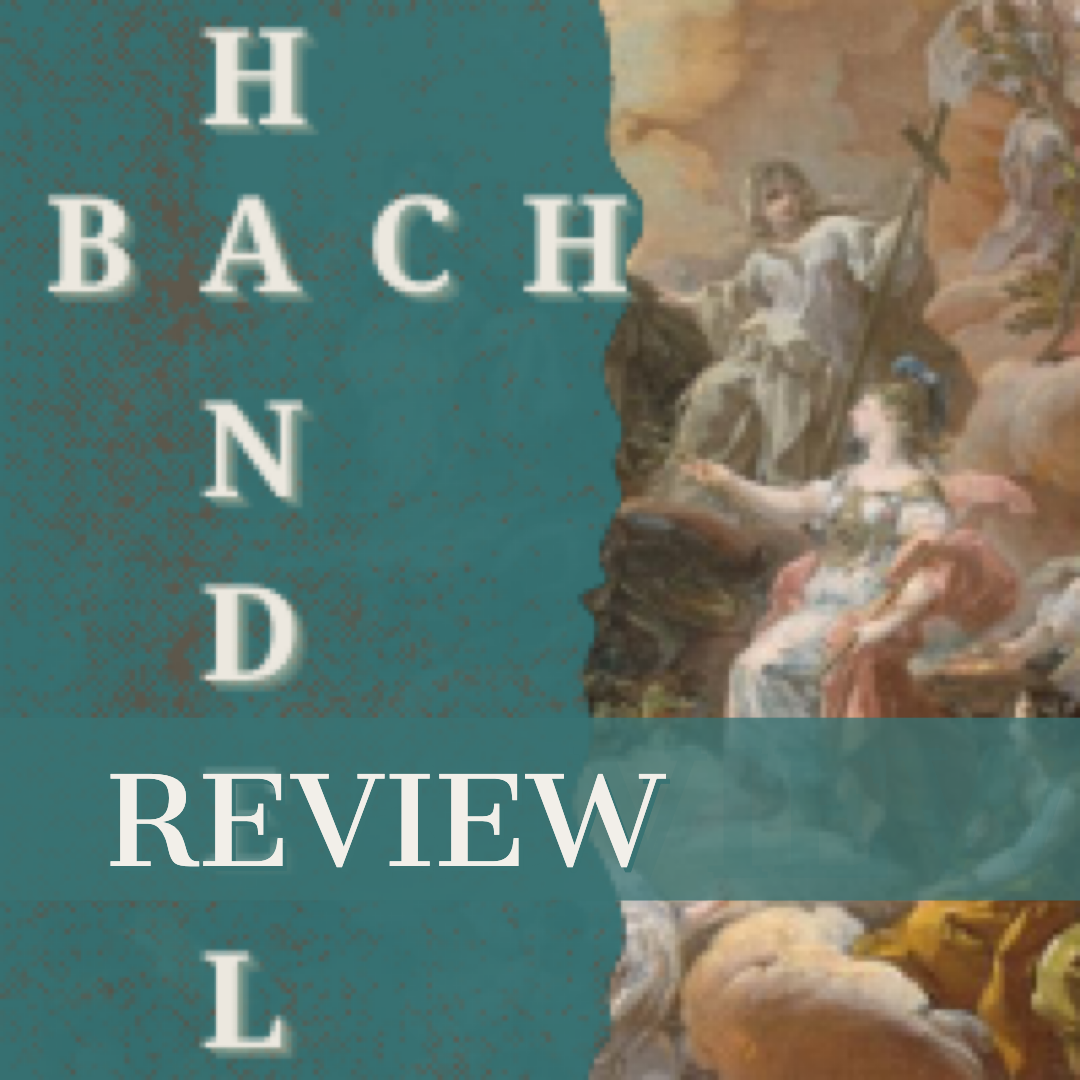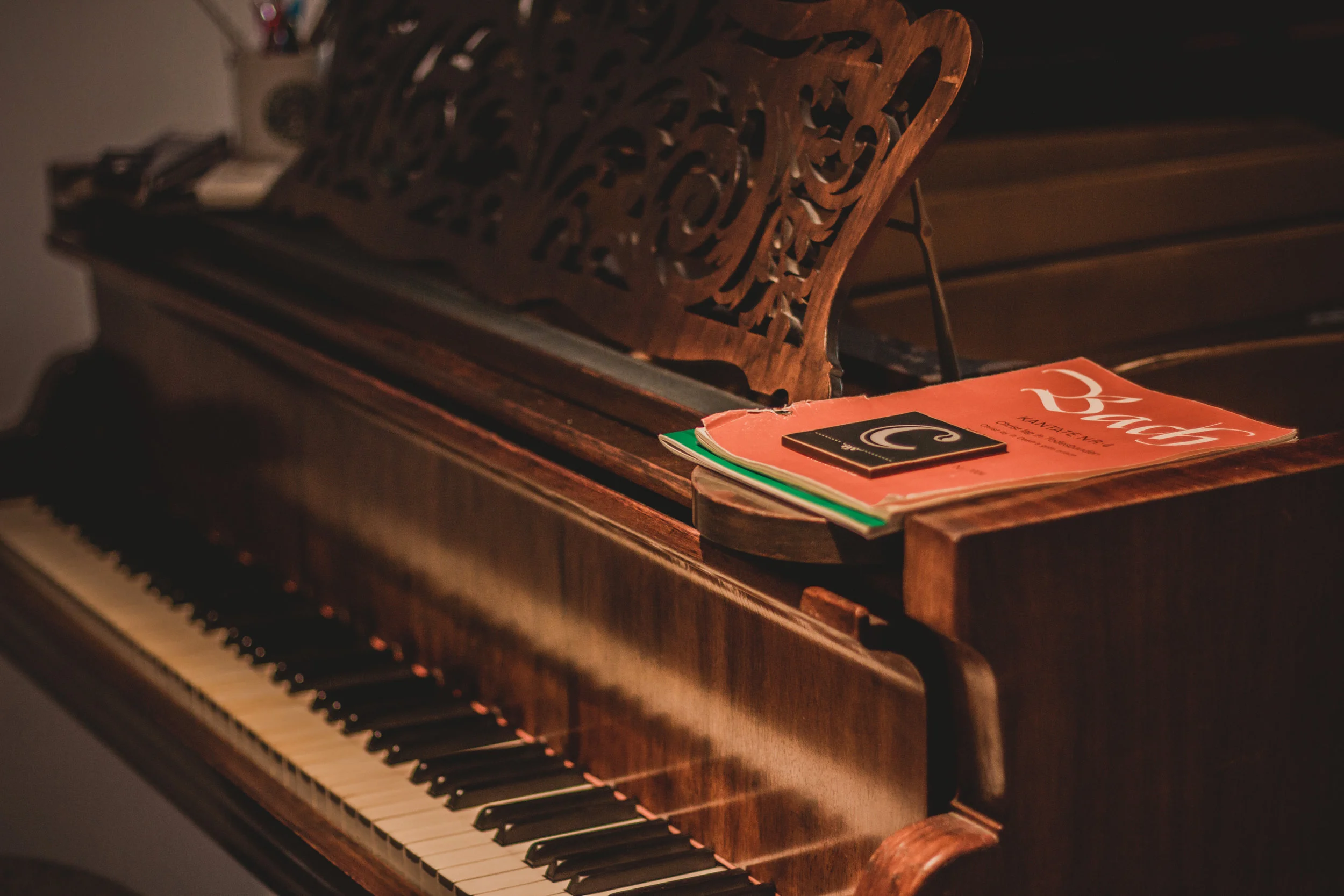
Scholars Baroque Aotearoa
2026 Concert Schedule Announced
We couldn’t wait any longer to share it — our 2026 concert schedule is now available. The year ahead includes our annual services alongside a range of performances we’re excited to present. Further details for each concert will be released in due course.

SINGERS WANTED
Tauranga’s Premiere Chamber Choir are auditioning singers
The Scholars Baroque Aotearoa are a chamber choir dedicated to informed performances of period music (often baroque) with an emphasis on stylistic excellence and superior choral sound.
The Scholars have availability for TENORS and BASSES to join this year.
The choir seeks singers with previous choral experience. Although not a requirement, the ability to read music at sight is an asset.
The choir also offers several scholarships for all voices of $1,000 on an annual basis which are available to high school, polytechnic or university students. Scholarship recipients are expected to be pursuing some form of study in music (e.g. private tuition, secondary/tertiary study; voice or other instrument/s). This is a golden opportunity for good musicians who have fine voices, the commitment to be part of a close-knit team, and a desire to develop first class sight-reading skills.
For more information about the Scholars Baroque Aotearoa, please go to our Scholarships page.
To make further inquiries, arrange an audition, or for more information about choral scholarships, please contact the Artistic & Musical Director at scholars@scholarsbaroque.com

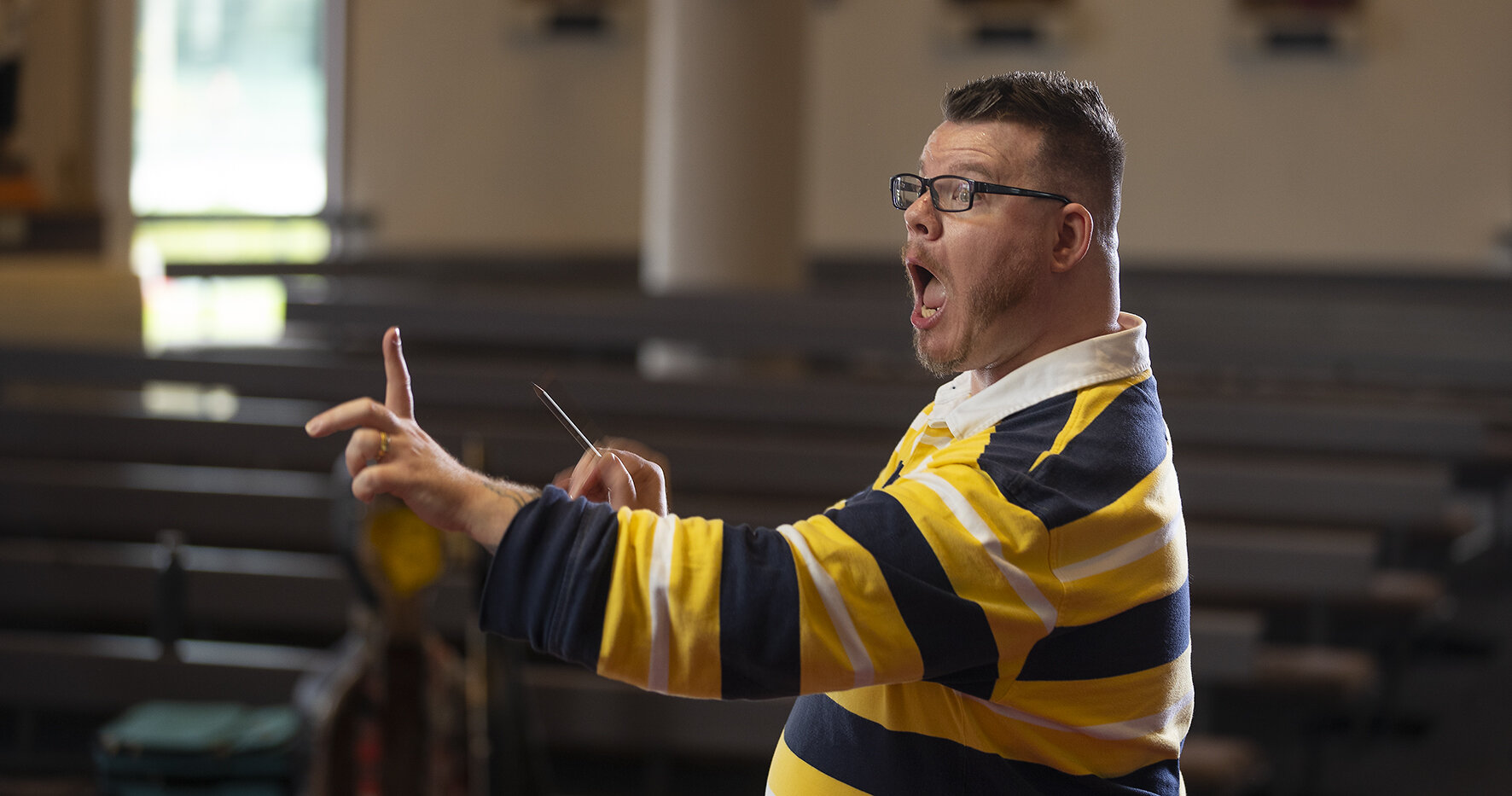
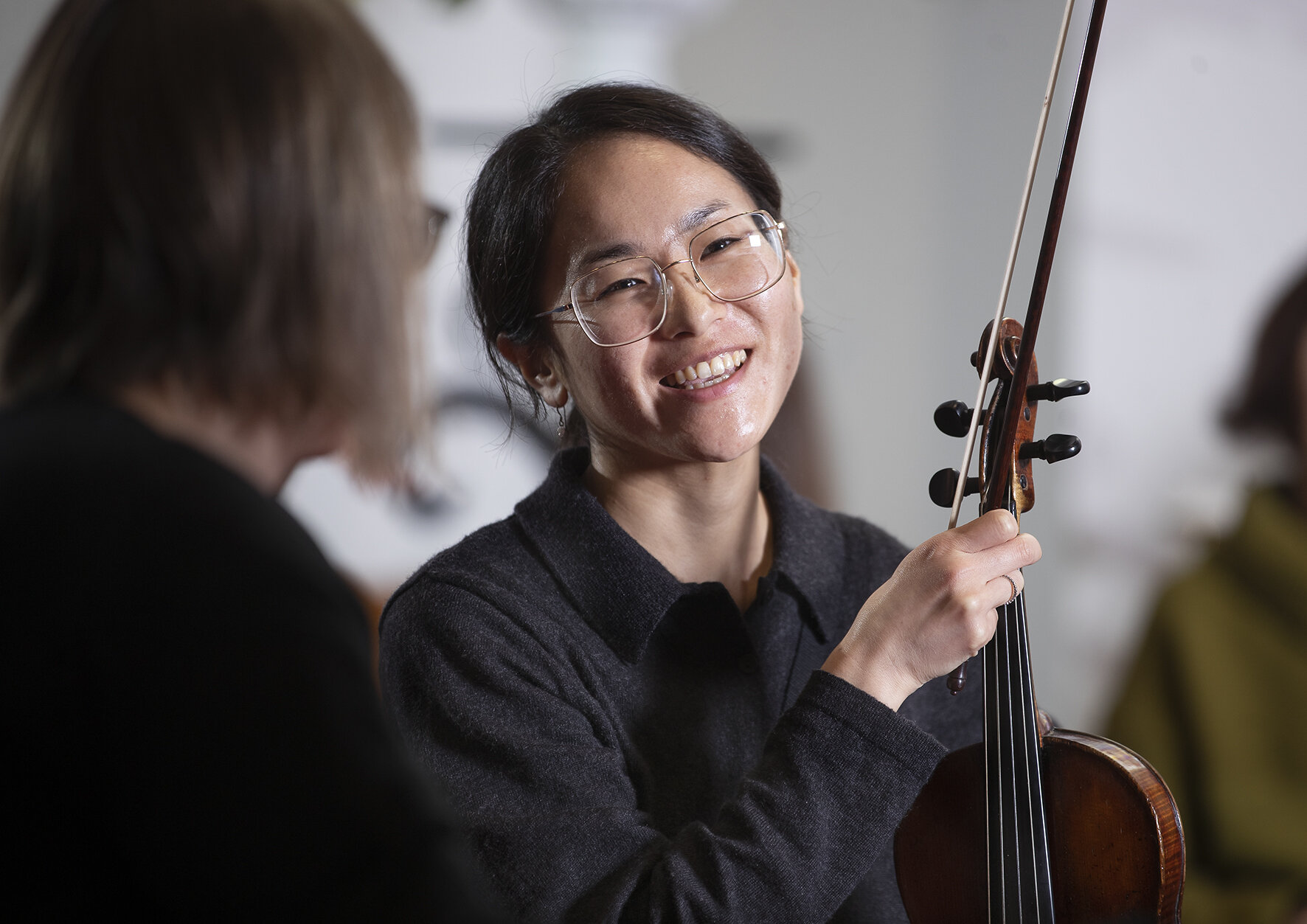

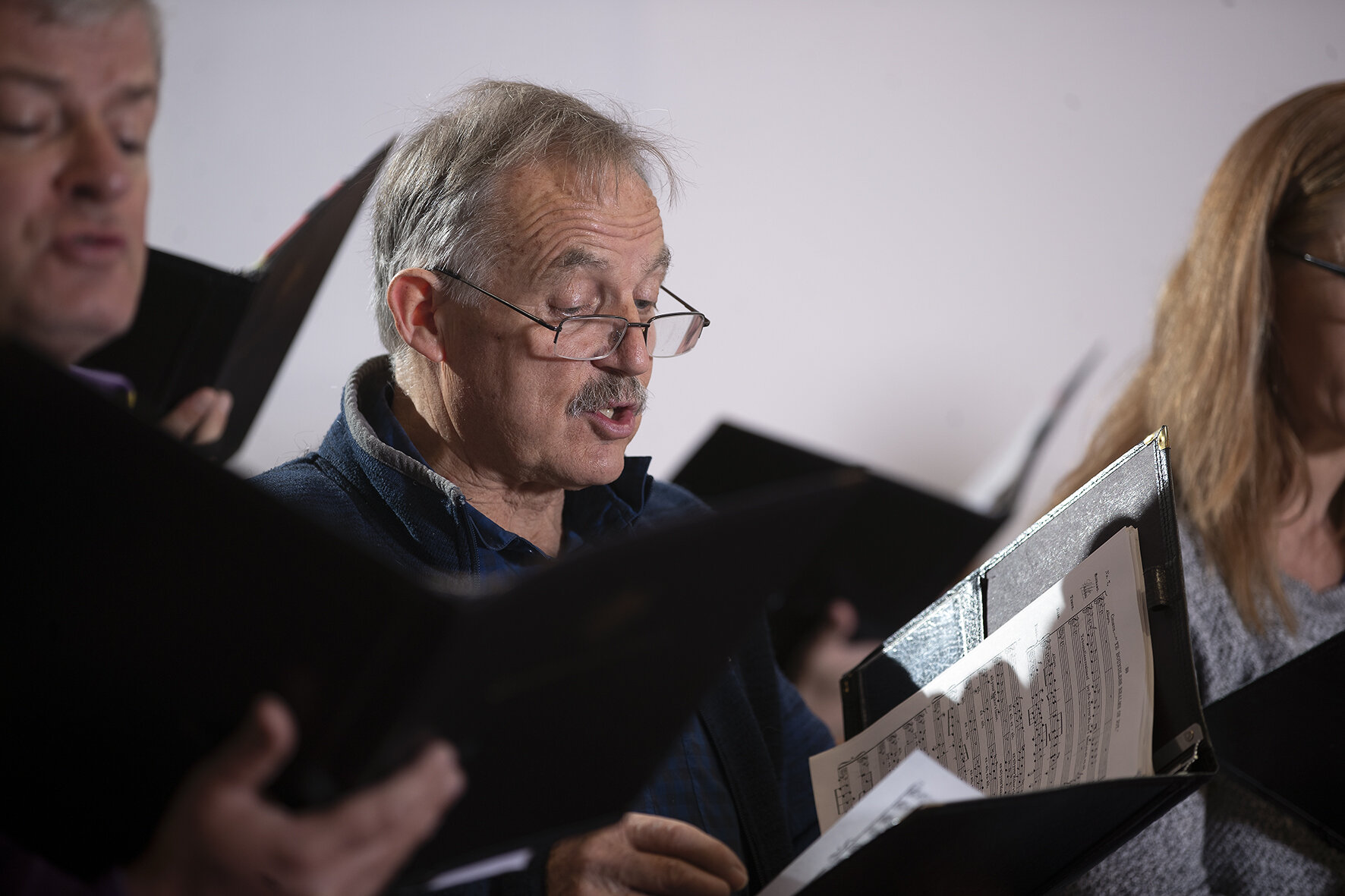
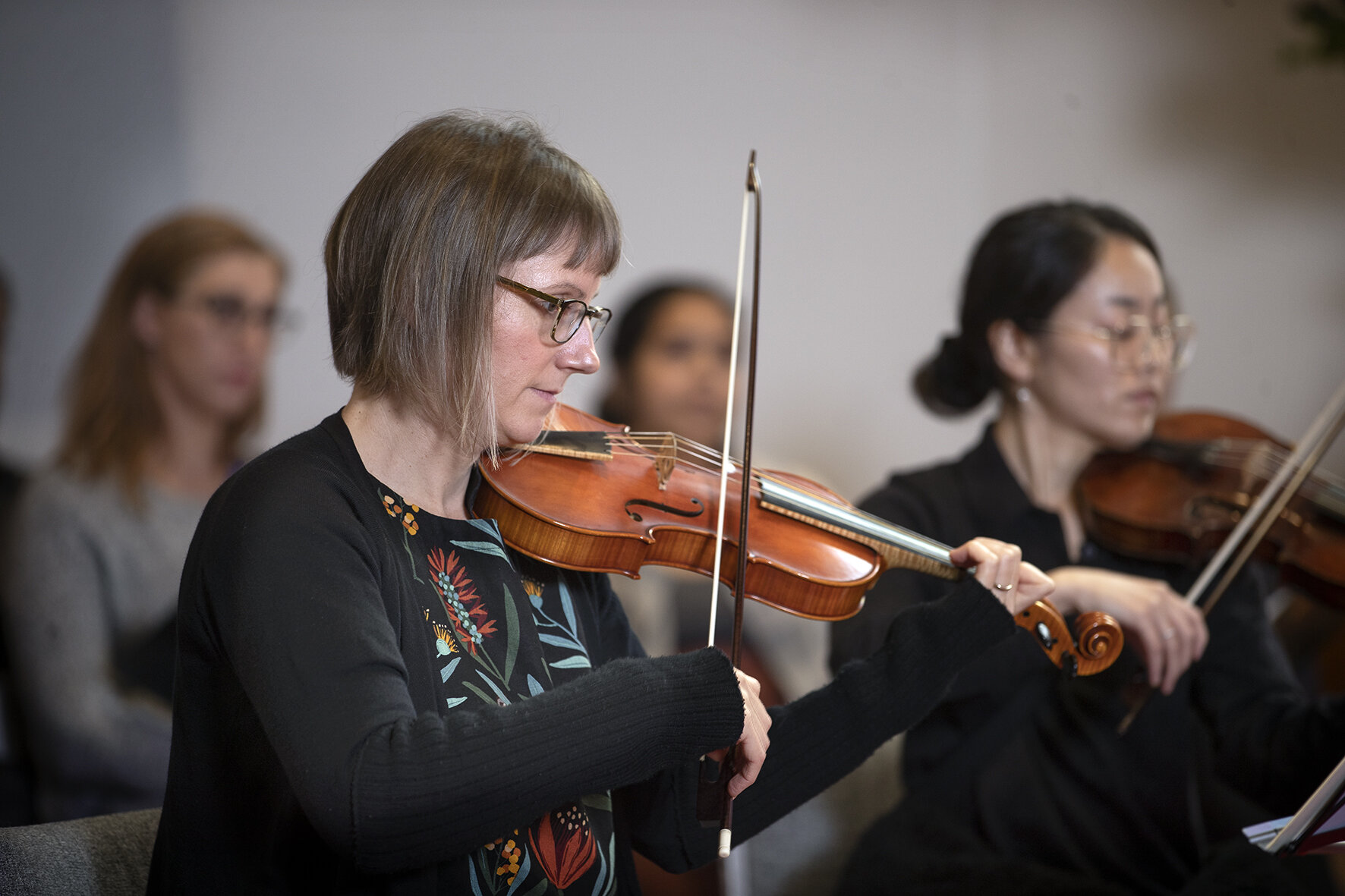
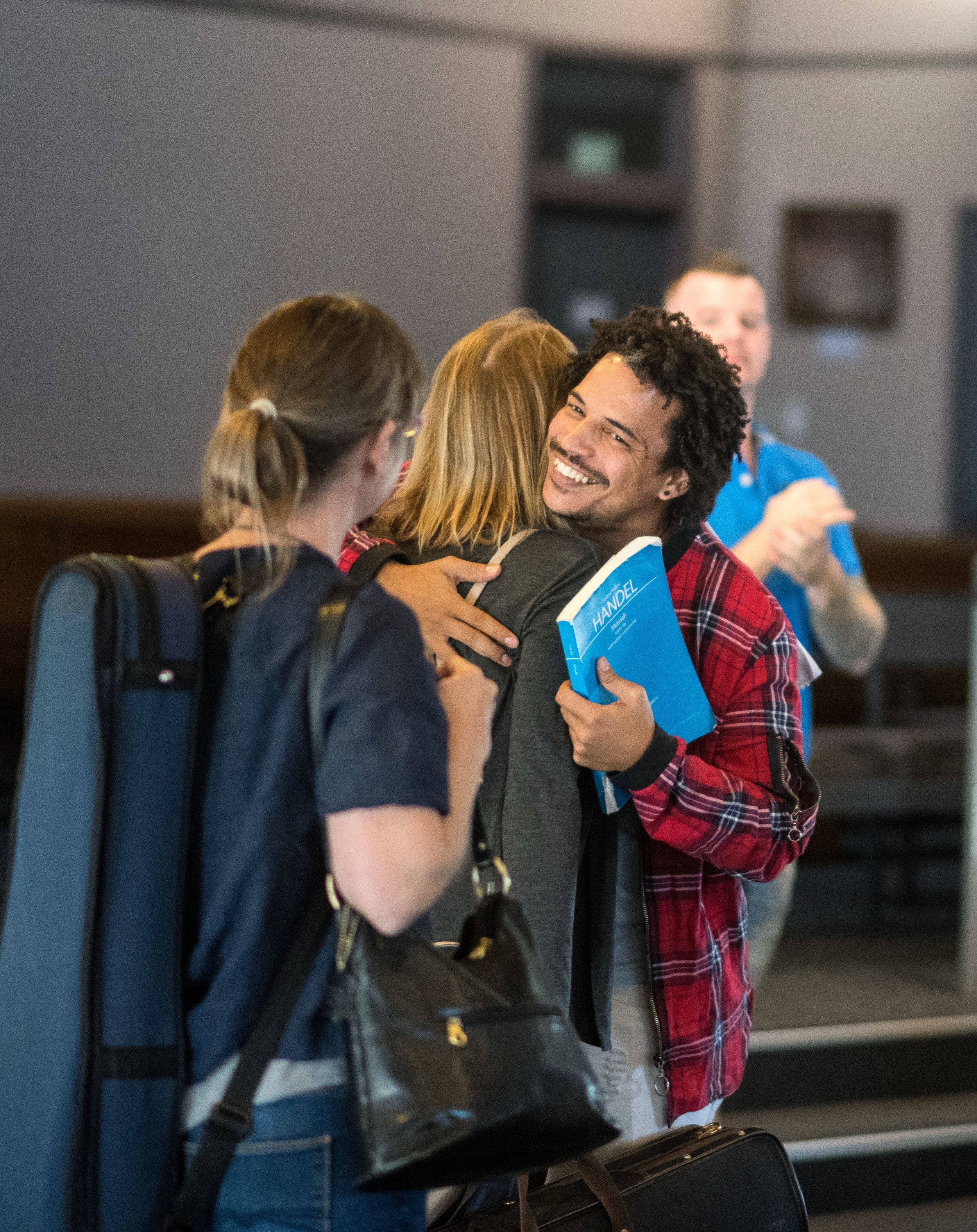
Scholars Baroque & NZbAROK Orchestra. Soloists: Jayne Tankersley (Soprano), Stephen Diaz (Countertenor), Lachlan Craig (Tenor) and Tavis Gravatt (Bass). Photos courtesy of Ezra Newick.
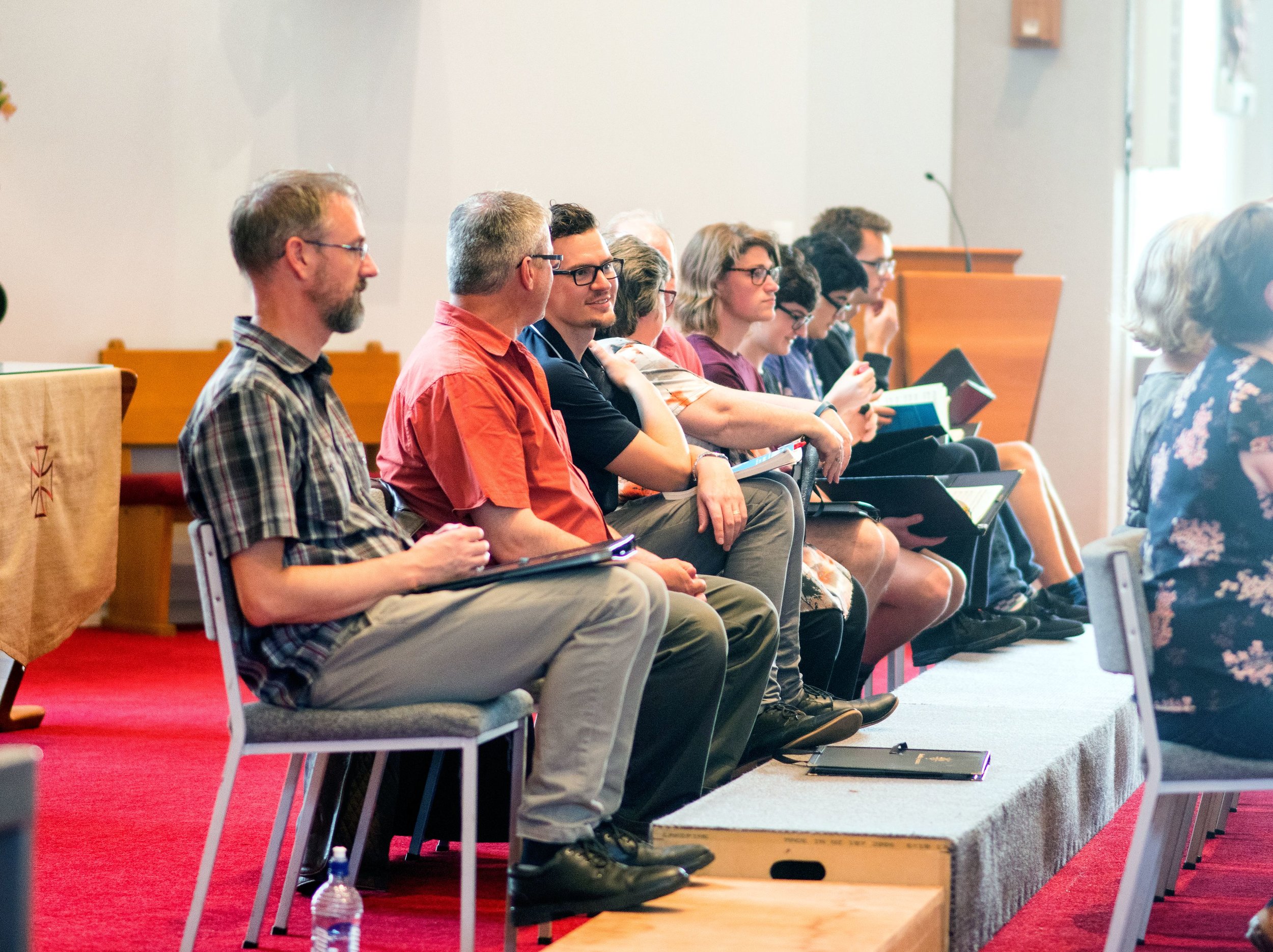
Scholars Baroque & NZbAROK Orchestra. Soloists: Jayne Tankersley (Soprano), Stephen Diaz (Countertenor), Lachlan Craig (Tenor) and Tavis Gravatt (Bass). Photos courtesy of Ezra Newick.
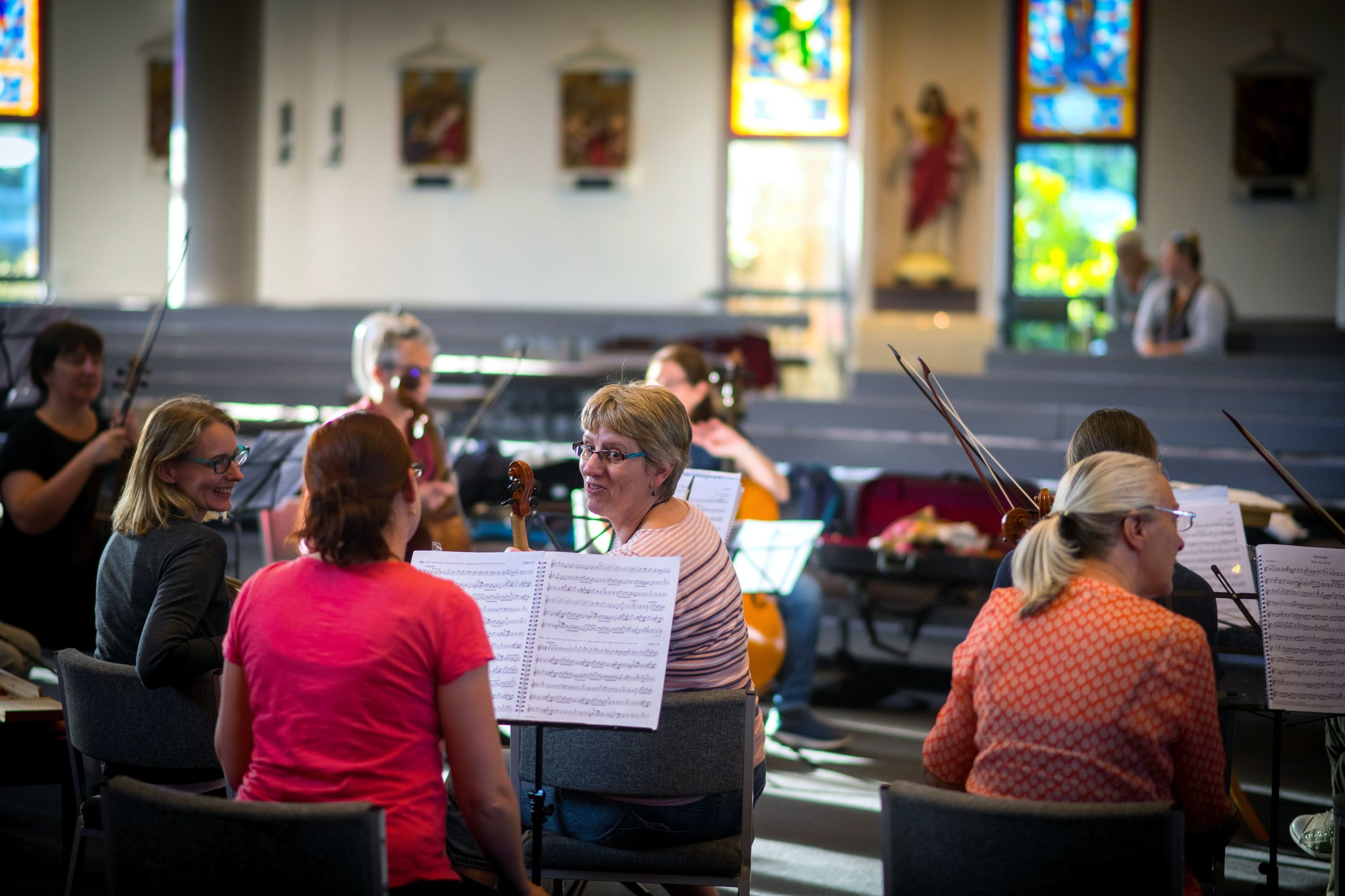
Scholars Baroque & NZbAROK Orchestra. Soloists: Jayne Tankersley (Soprano), Stephen Diaz (Countertenor), Lachlan Craig (Tenor) and Tavis Gravatt (Bass). Photos courtesy of Ezra Newick.
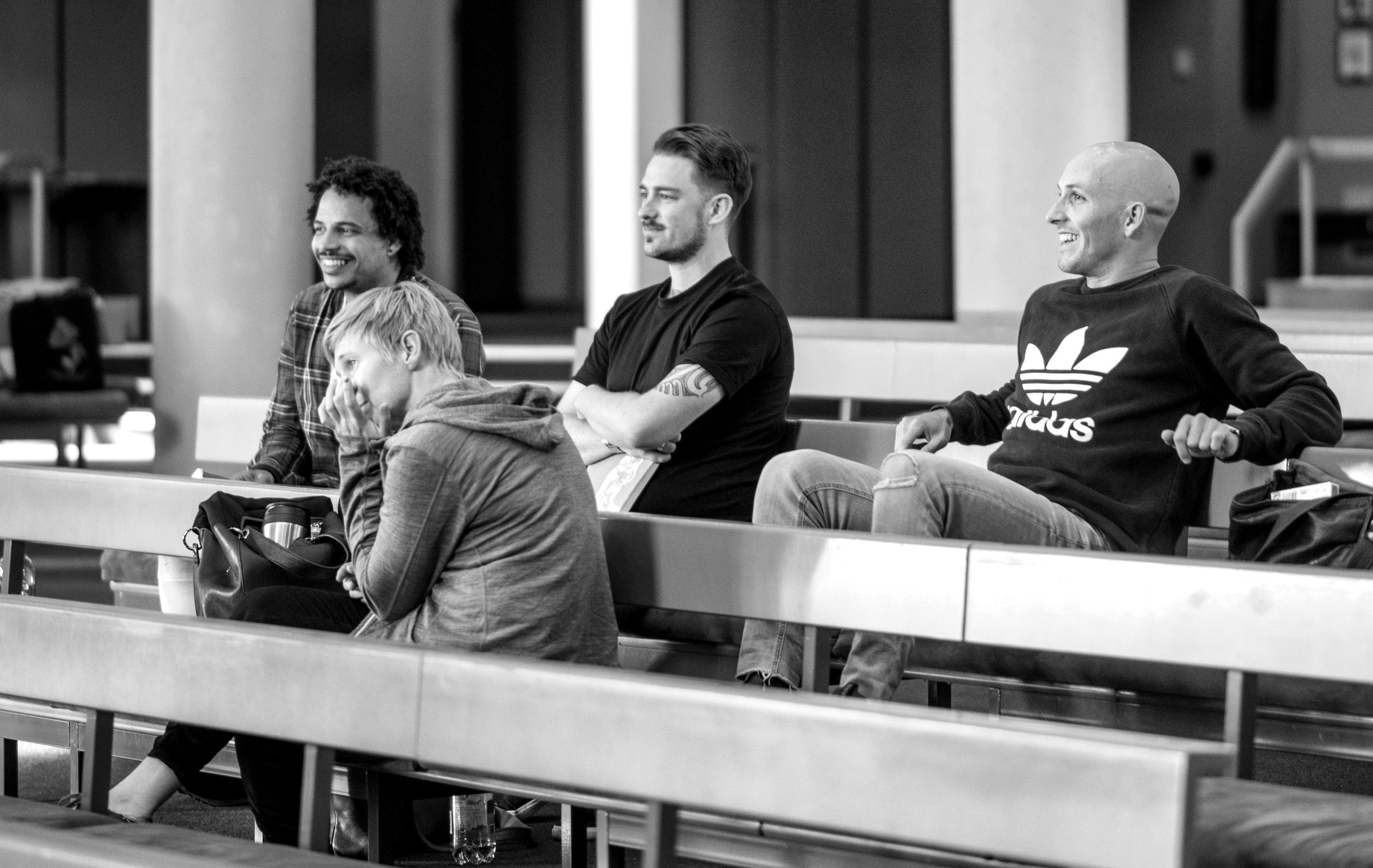
Scholars Baroque & NZbAROK Orchestra. Soloists: Jayne Tankersley (Soprano), Stephen Diaz (Countertenor), Lachlan Craig (Tenor) and Tavis Gravatt (Bass). Photos courtesy of Ezra Newick.
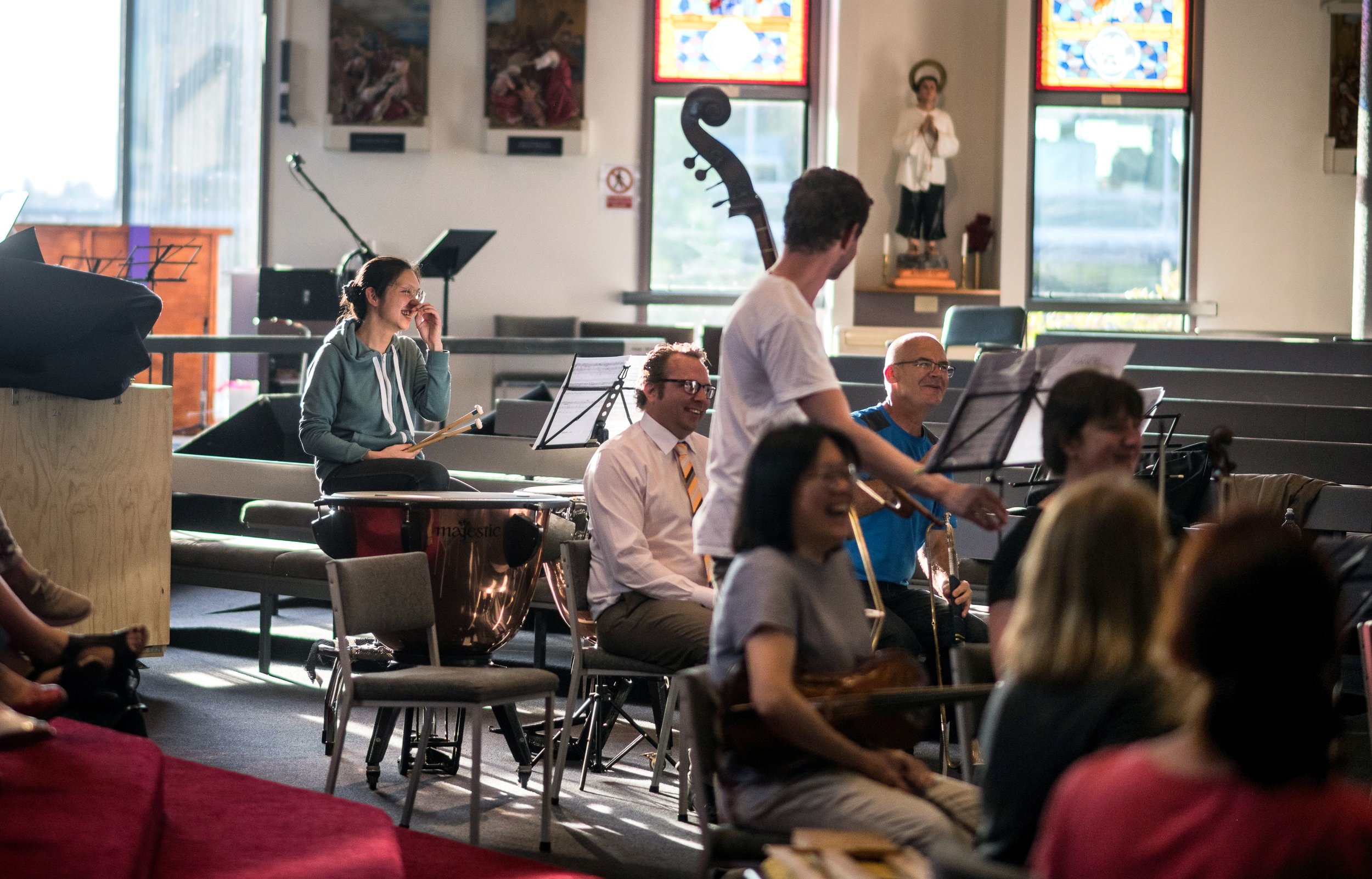
Scholars Baroque & NZbAROK Orchestra. Soloists: Jayne Tankersley (Soprano), Stephen Diaz (Countertenor), Lachlan Craig (Tenor) and Tavis Gravatt (Bass). Photos courtesy of Ezra Newick.
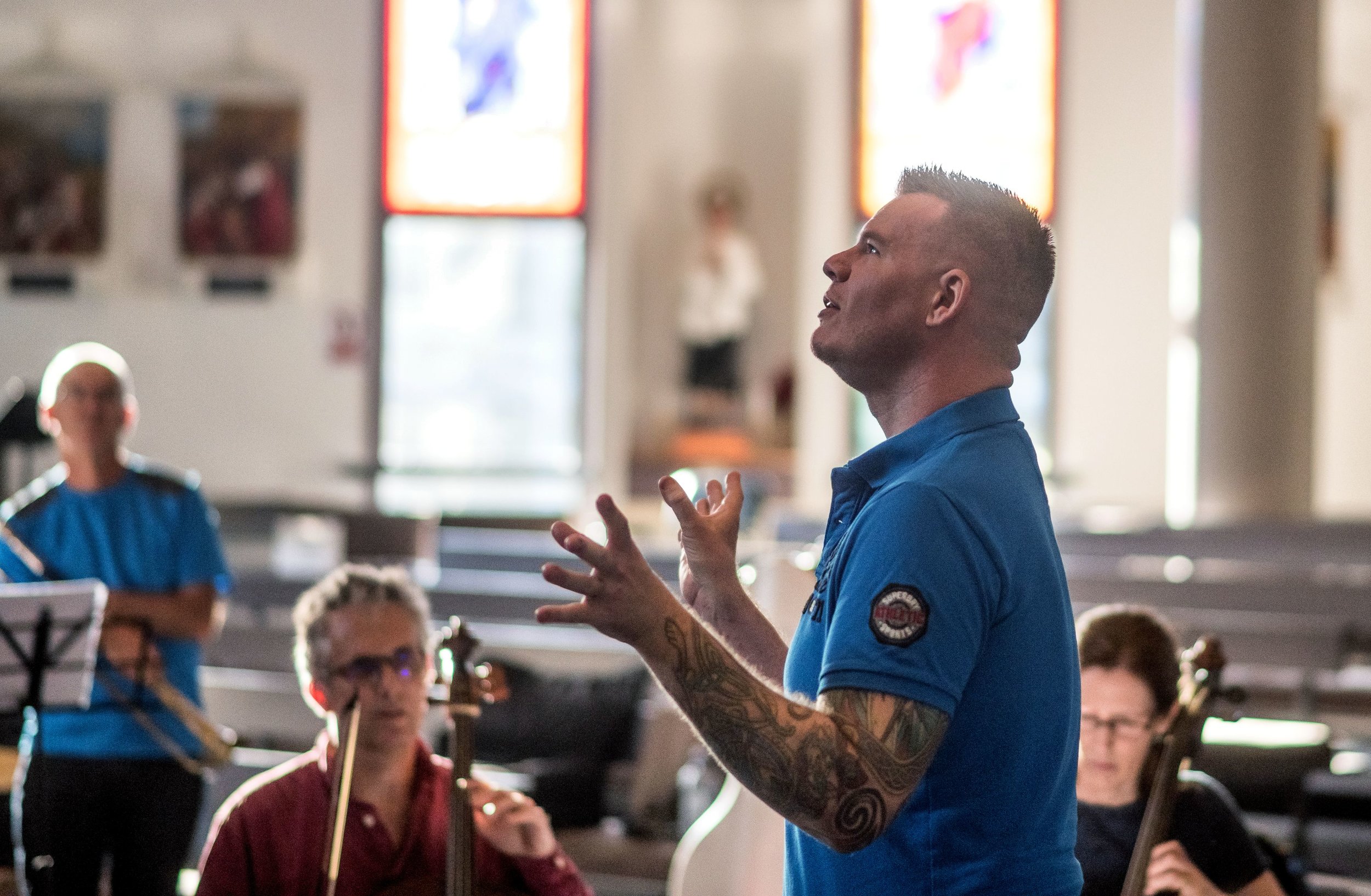
Scholars Baroque & NZbAROK Orchestra. Soloists: Jayne Tankersley (Soprano), Stephen Diaz (Countertenor), Lachlan Craig (Tenor) and Tavis Gravatt (Bass). Photos courtesy of Ezra Newick.
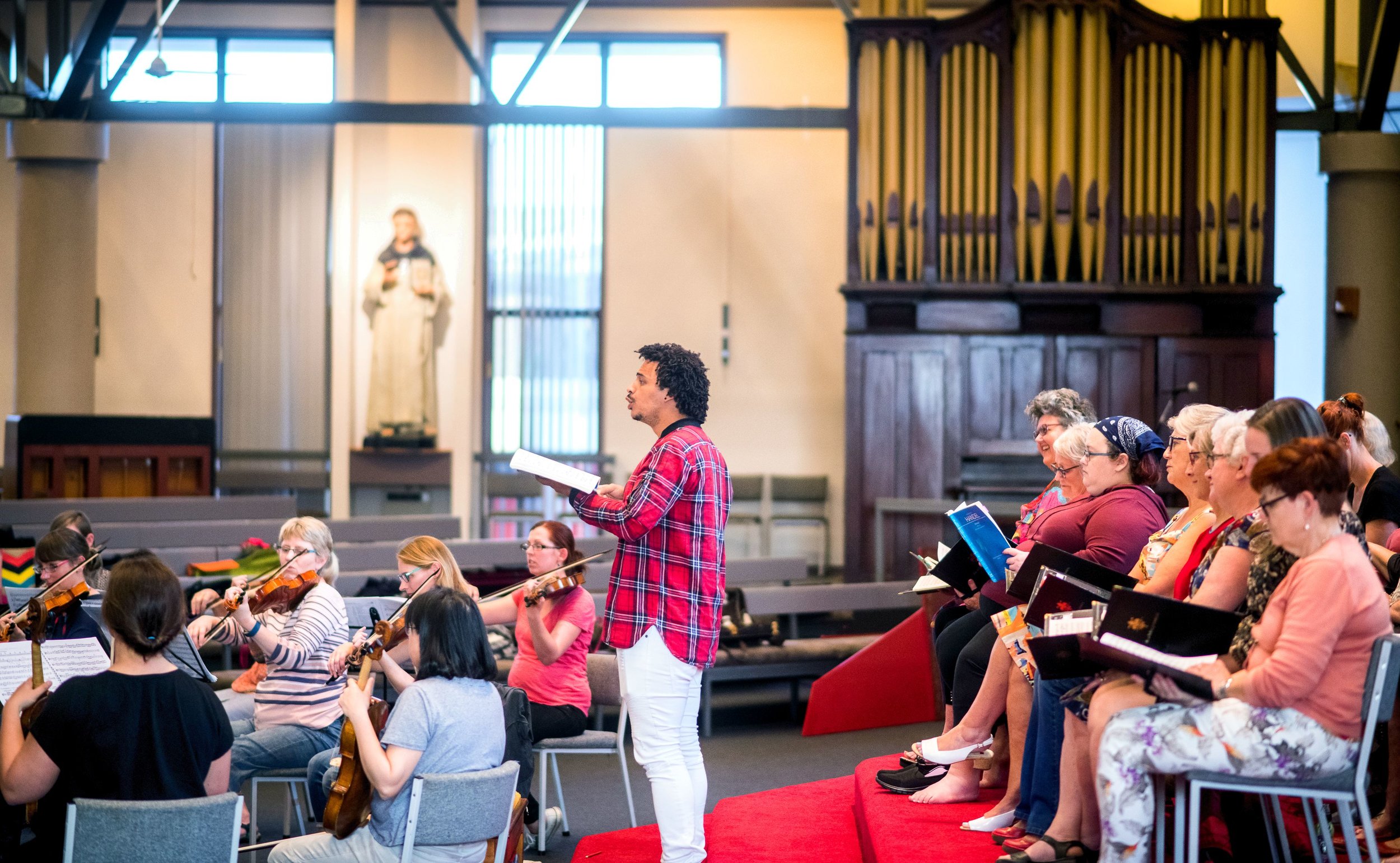
Scholars Baroque & NZbAROK Orchestra. Soloists: Jayne Tankersley (Soprano), Stephen Diaz (Countertenor), Lachlan Craig (Tenor) and Tavis Gravatt (Bass). Photos courtesy of Ezra Newick.
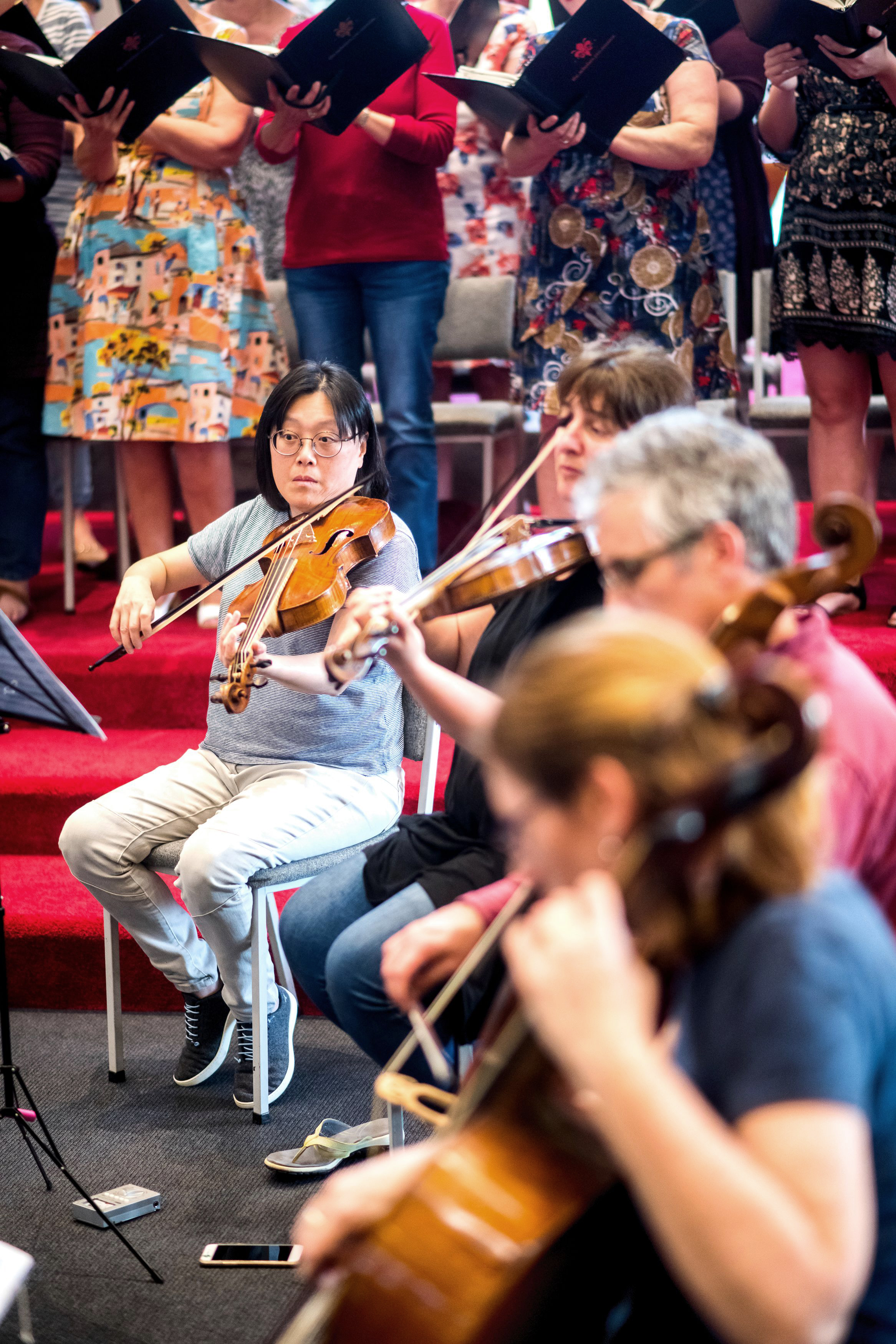
Scholars Baroque & NZbAROK Orchestra. Soloists: Jayne Tankersley (Soprano), Stephen Diaz (Countertenor), Lachlan Craig (Tenor) and Tavis Gravatt (Bass). Photos courtesy of Ezra Newick.
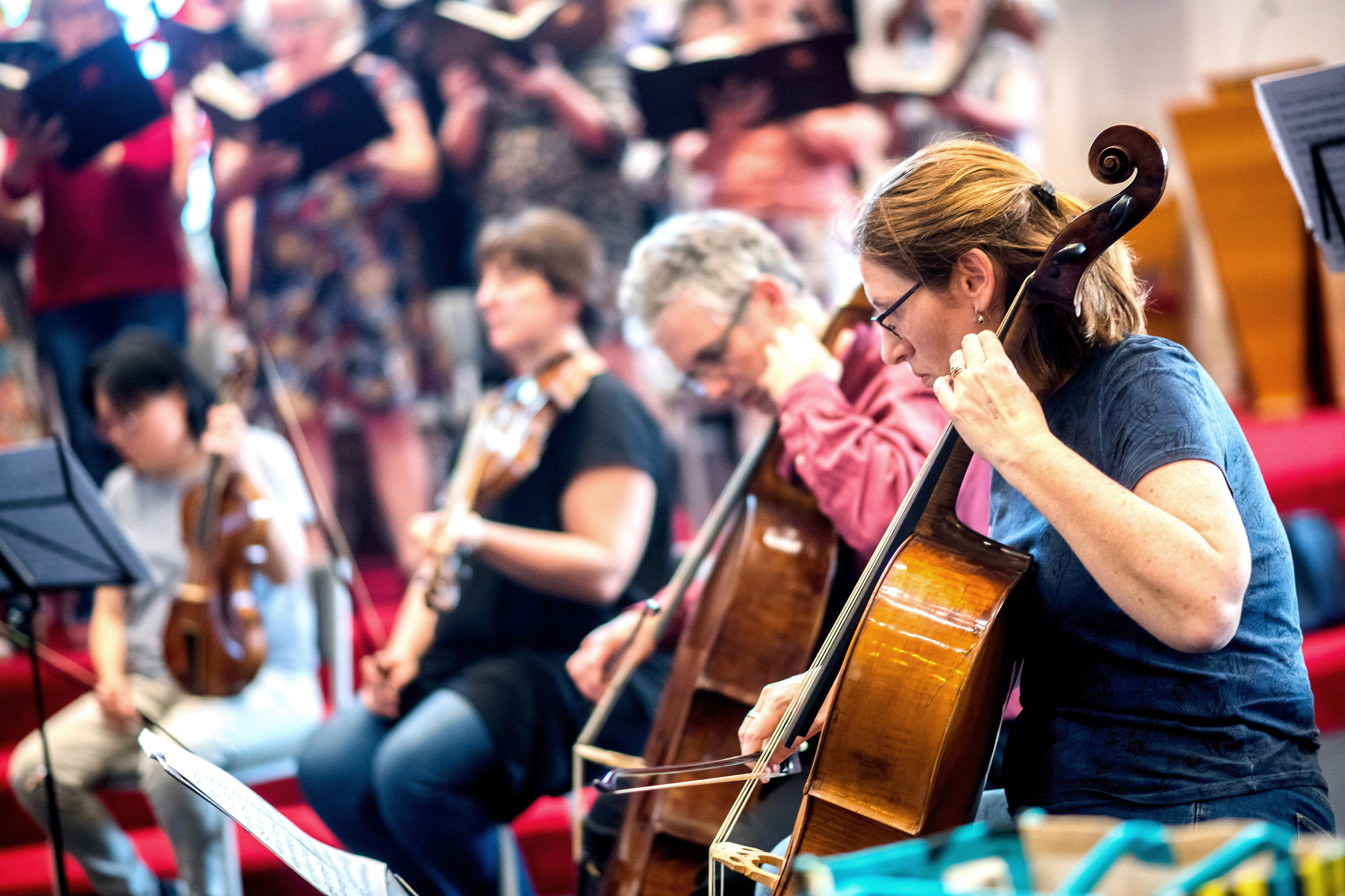
Scholars Baroque & NZbAROK Orchestra. Soloists: Jayne Tankersley (Soprano), Stephen Diaz (Countertenor), Lachlan Craig (Tenor) and Tavis Gravatt (Bass). Photos courtesy of Ezra Newick.
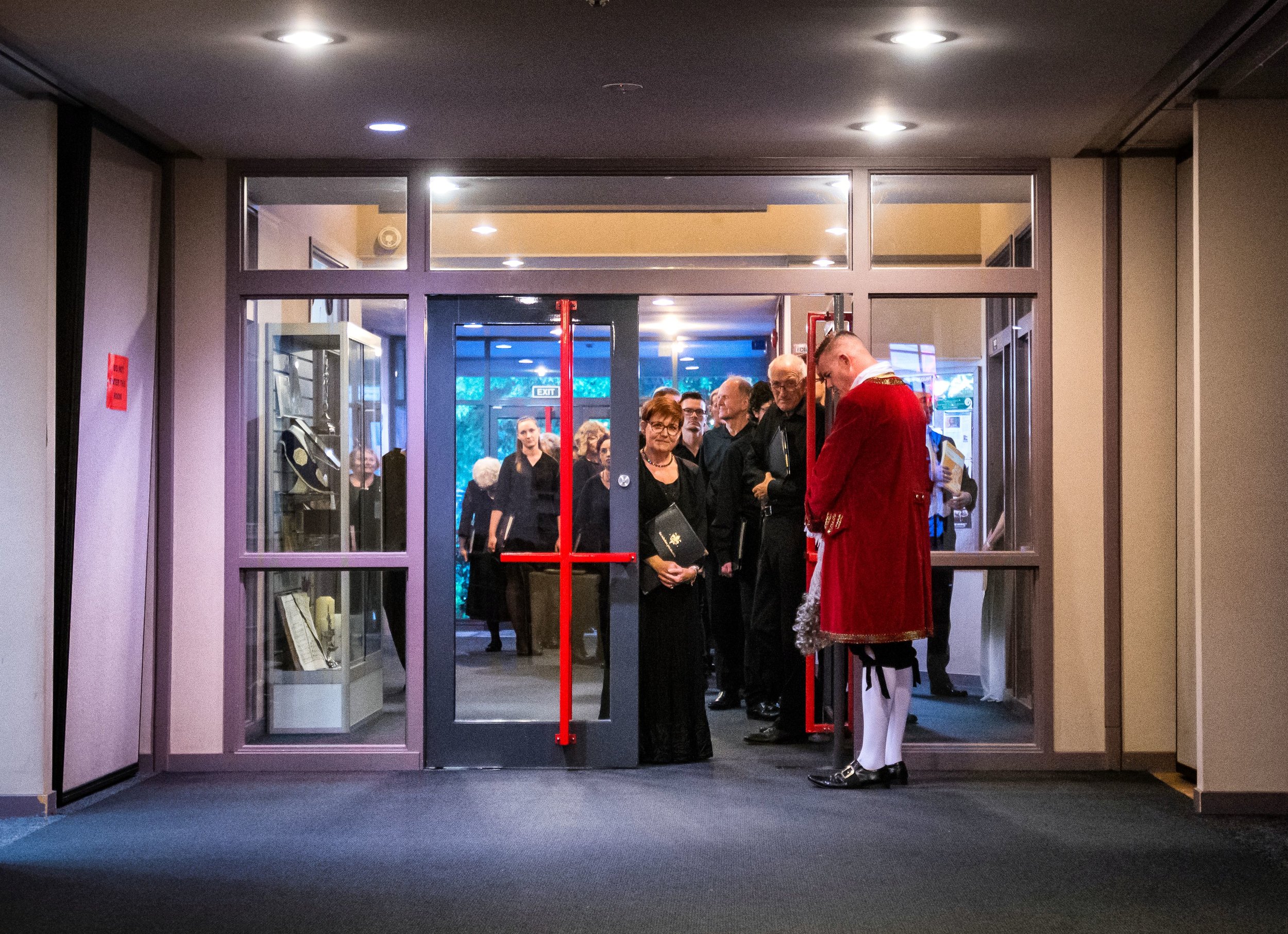
Scholars Baroque & NZbAROK Orchestra. Soloists: Jayne Tankersley (Soprano), Stephen Diaz (Countertenor), Lachlan Craig (Tenor) and Tavis Gravatt (Bass). Photos courtesy of Ezra Newick.
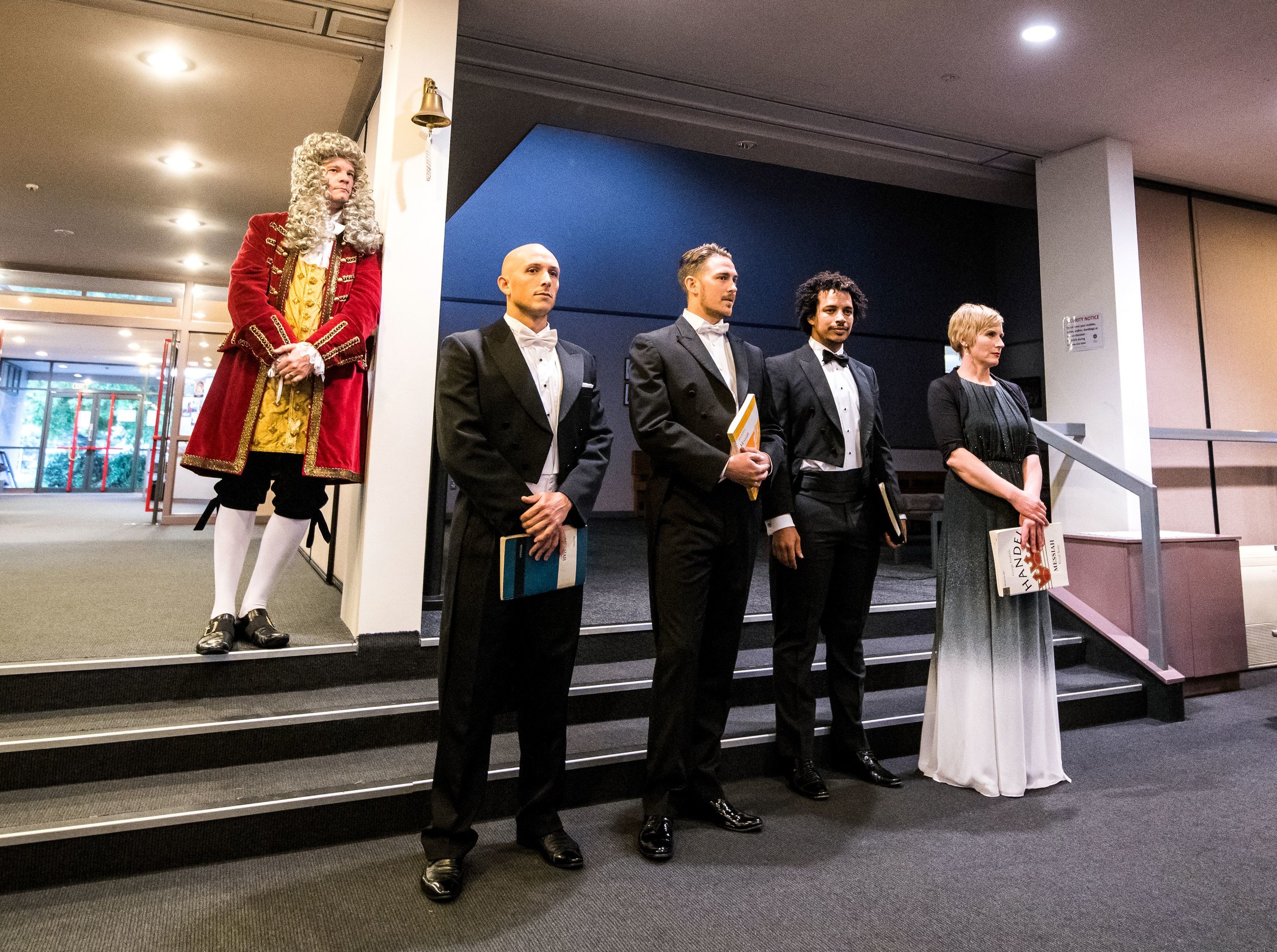
Scholars Baroque & NZbAROK Orchestra. Soloists: Jayne Tankersley (Soprano), Stephen Diaz (Countertenor), Lachlan Craig (Tenor) and Tavis Gravatt (Bass). Photos courtesy of Ezra Newick.
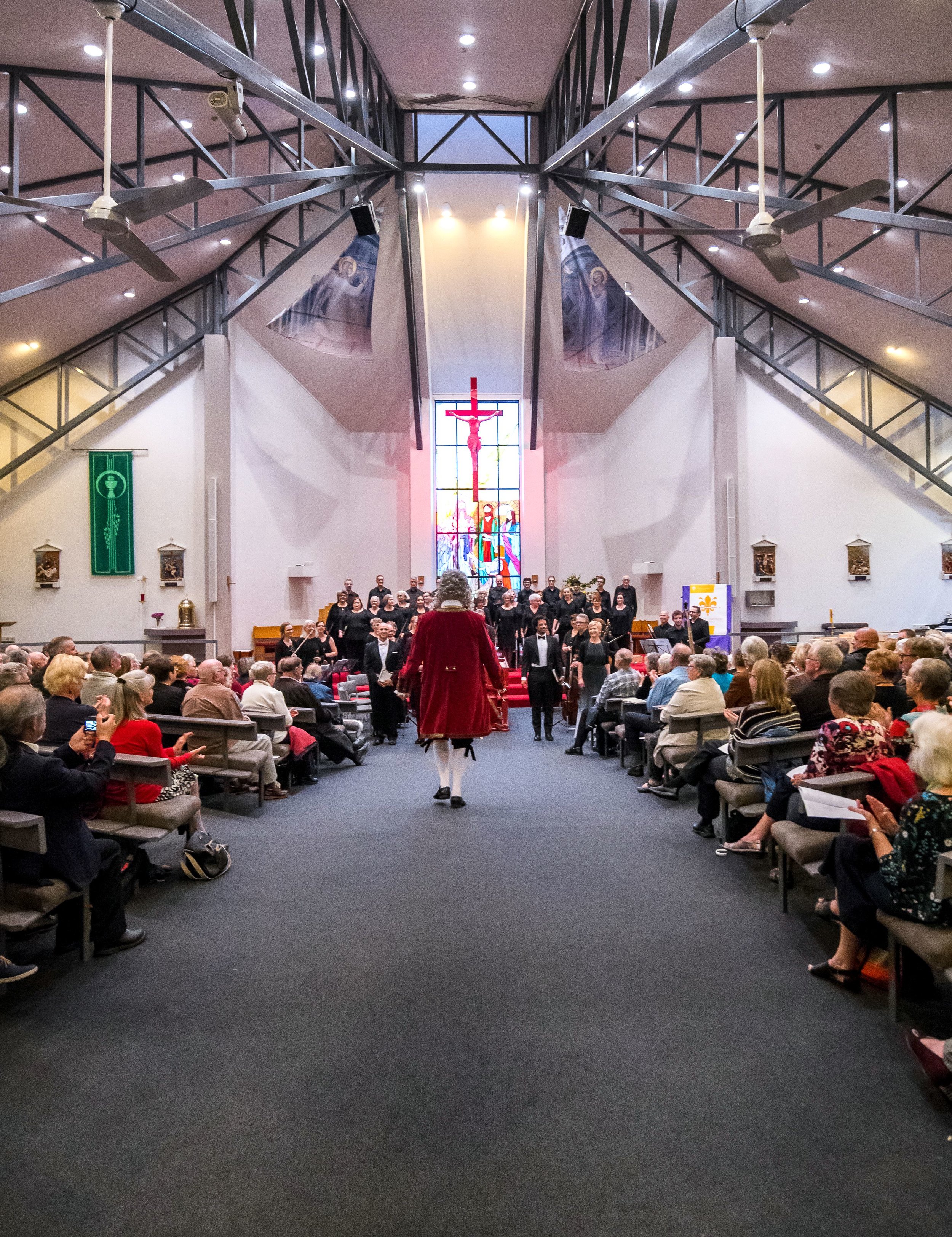
Scholars Baroque & NZbAROK Orchestra. Soloists: Jayne Tankersley (Soprano), Stephen Diaz (Countertenor), Lachlan Craig (Tenor) and Tavis Gravatt (Bass). Photos courtesy of Ezra Newick.
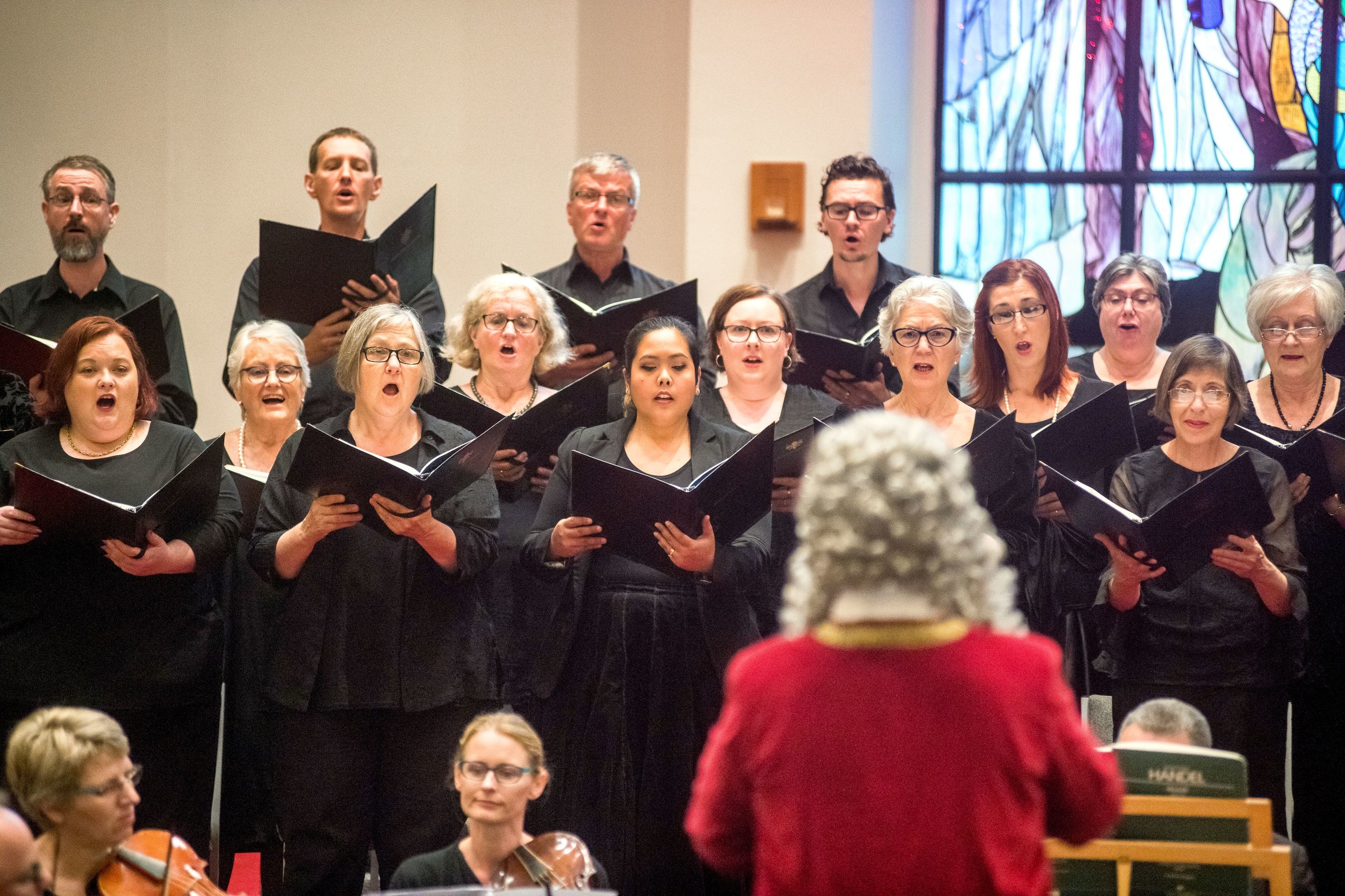
Scholars Baroque & NZbAROK Orchestra. Soloists: Jayne Tankersley (Soprano), Stephen Diaz (Countertenor), Lachlan Craig (Tenor) and Tavis Gravatt (Bass). Photos courtesy of Ezra Newick.
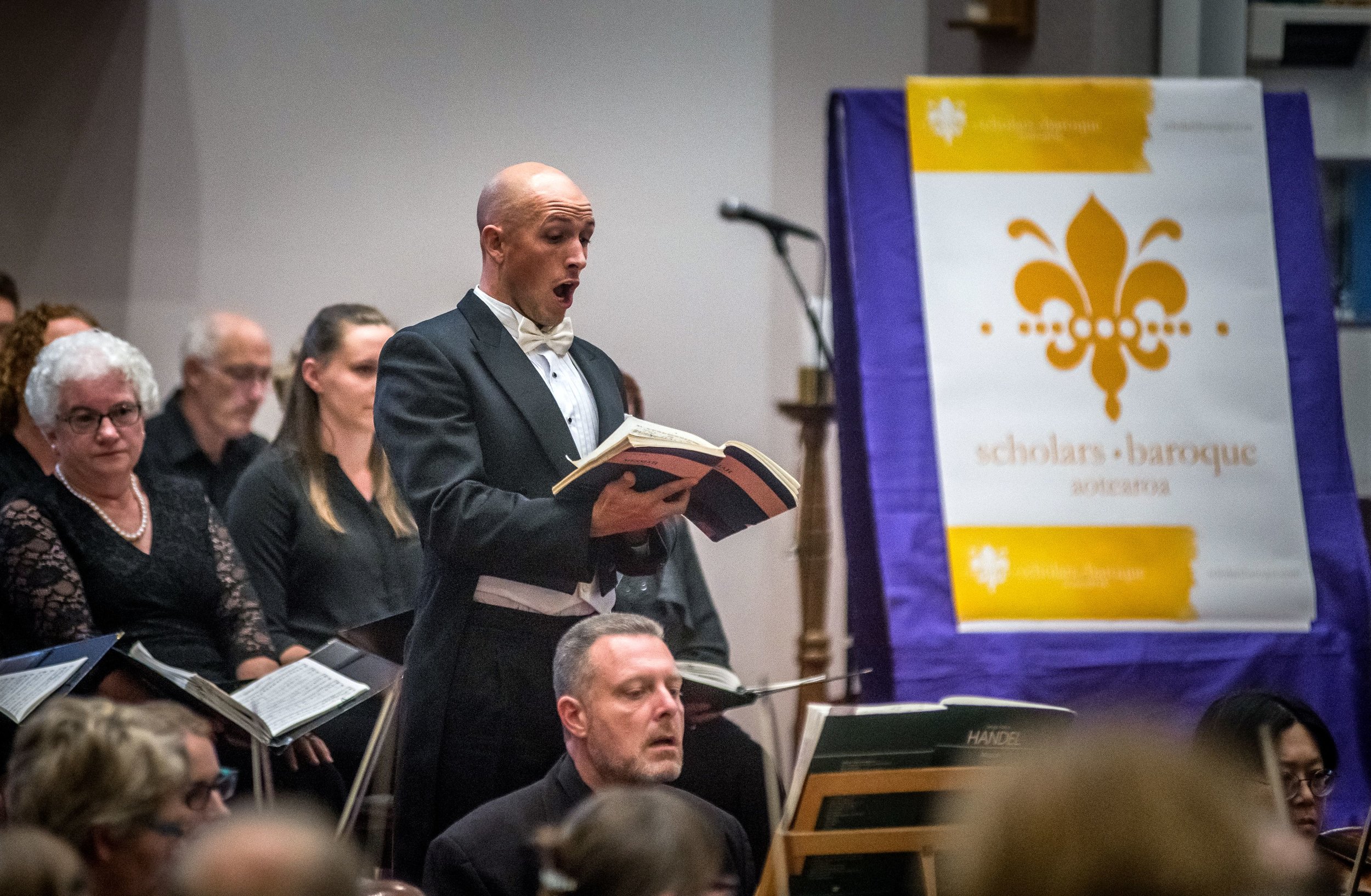
Scholars Baroque & NZbAROK Orchestra. Soloists: Jayne Tankersley (Soprano), Stephen Diaz (Countertenor), Lachlan Craig (Tenor) and Tavis Gravatt (Bass). Photos courtesy of Ezra Newick.
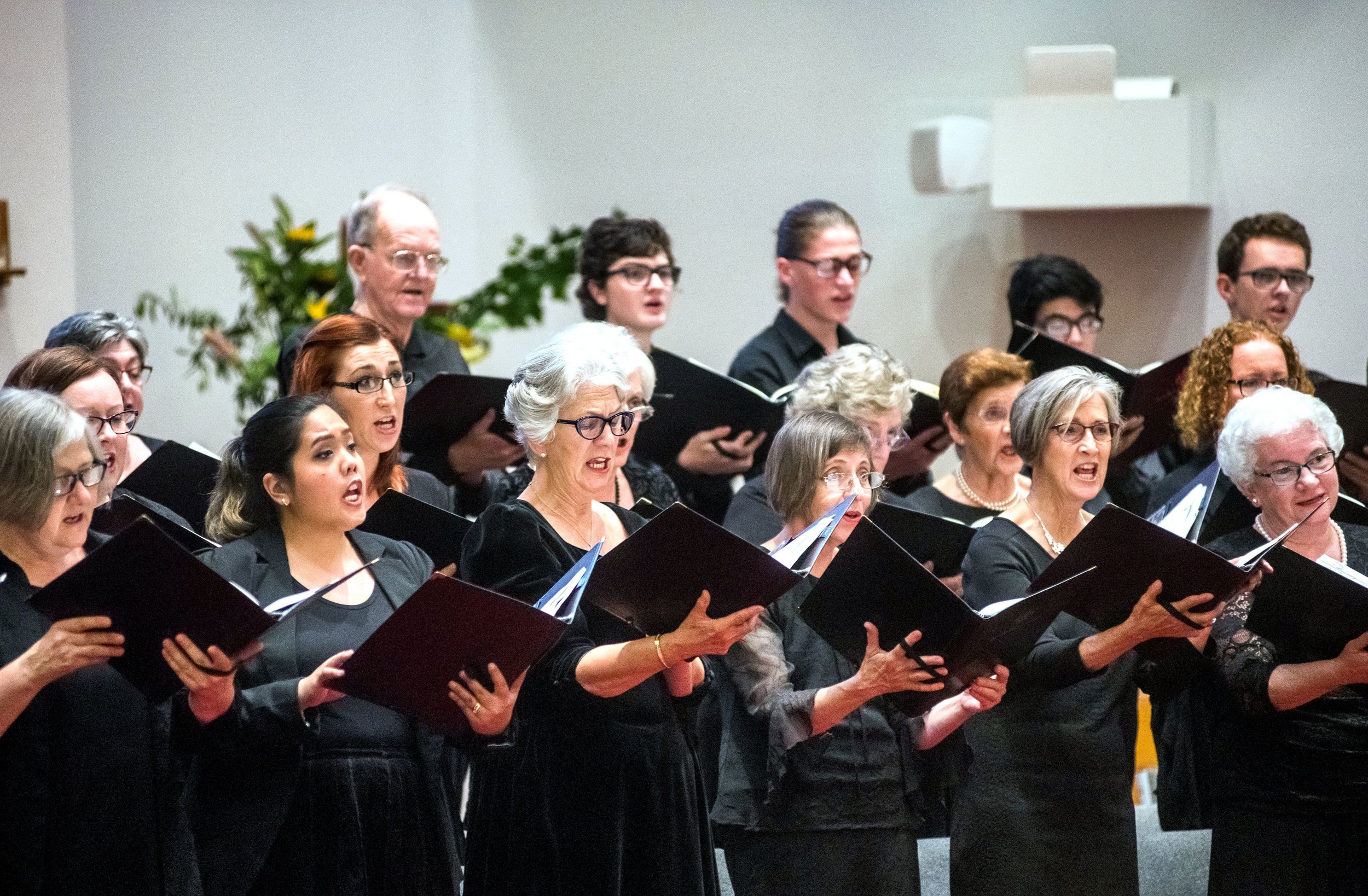
Scholars Baroque & NZbAROK Orchestra. Soloists: Jayne Tankersley (Soprano), Stephen Diaz (Countertenor), Lachlan Craig (Tenor) and Tavis Gravatt (Bass). Photos courtesy of Ezra Newick.
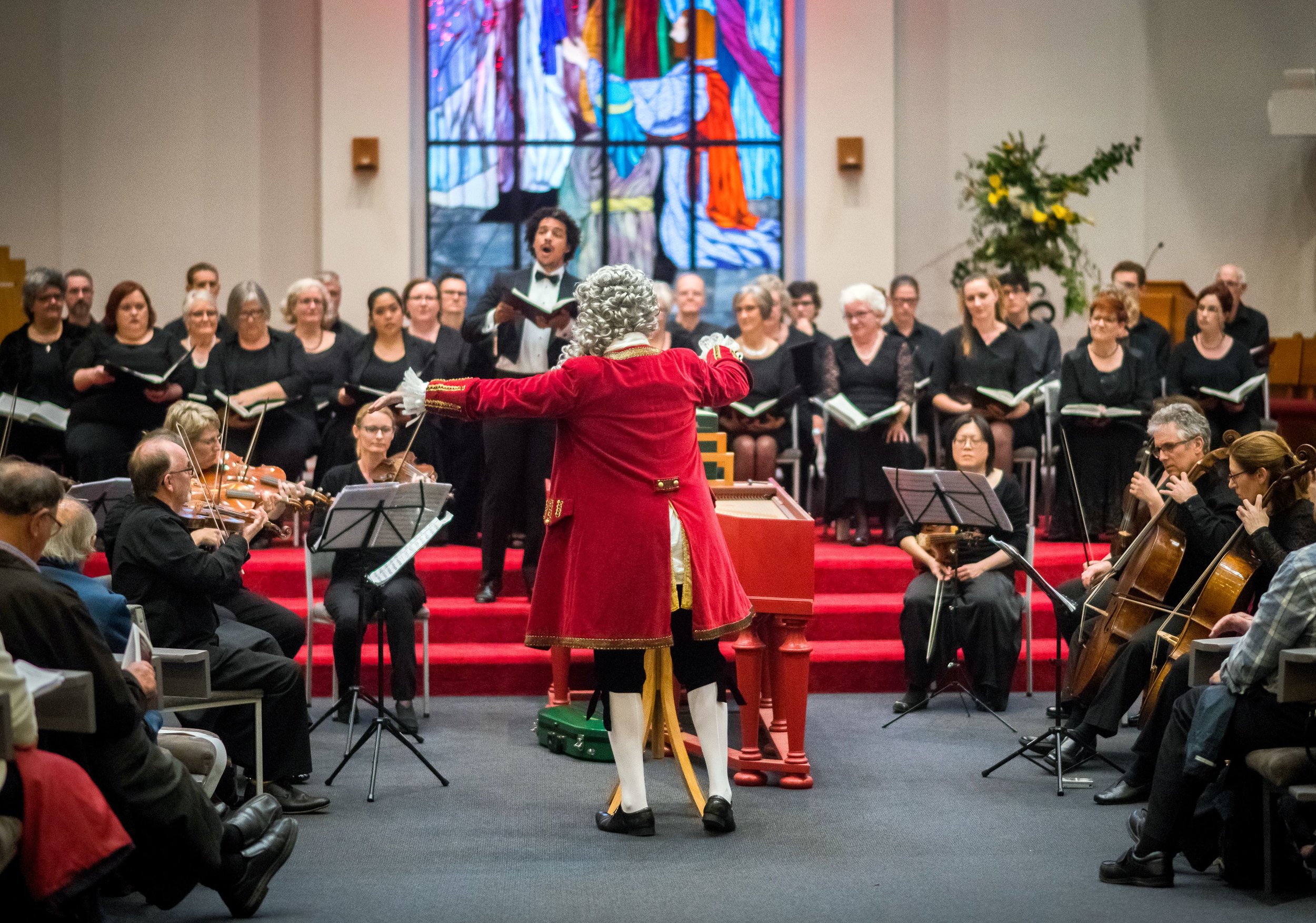
Scholars Baroque & NZbAROK Orchestra. Soloists: Jayne Tankersley (Soprano), Stephen Diaz (Countertenor), Lachlan Craig (Tenor) and Tavis Gravatt (Bass). Photos courtesy of Ezra Newick.
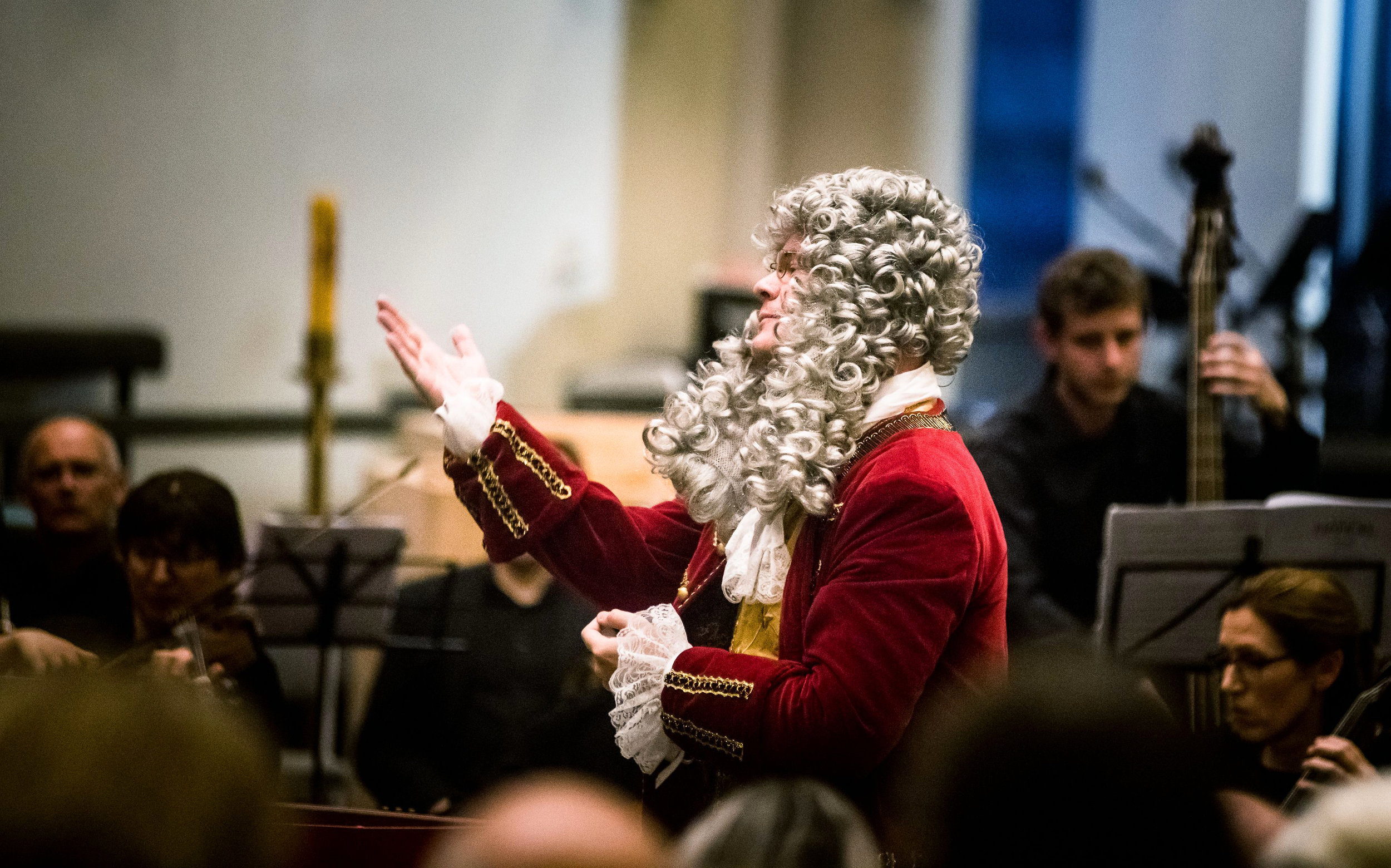
Scholars Baroque & NZbAROK Orchestra. Soloists: Jayne Tankersley (Soprano), Stephen Diaz (Countertenor), Lachlan Craig (Tenor) and Tavis Gravatt (Bass). Photos courtesy of Ezra Newick.
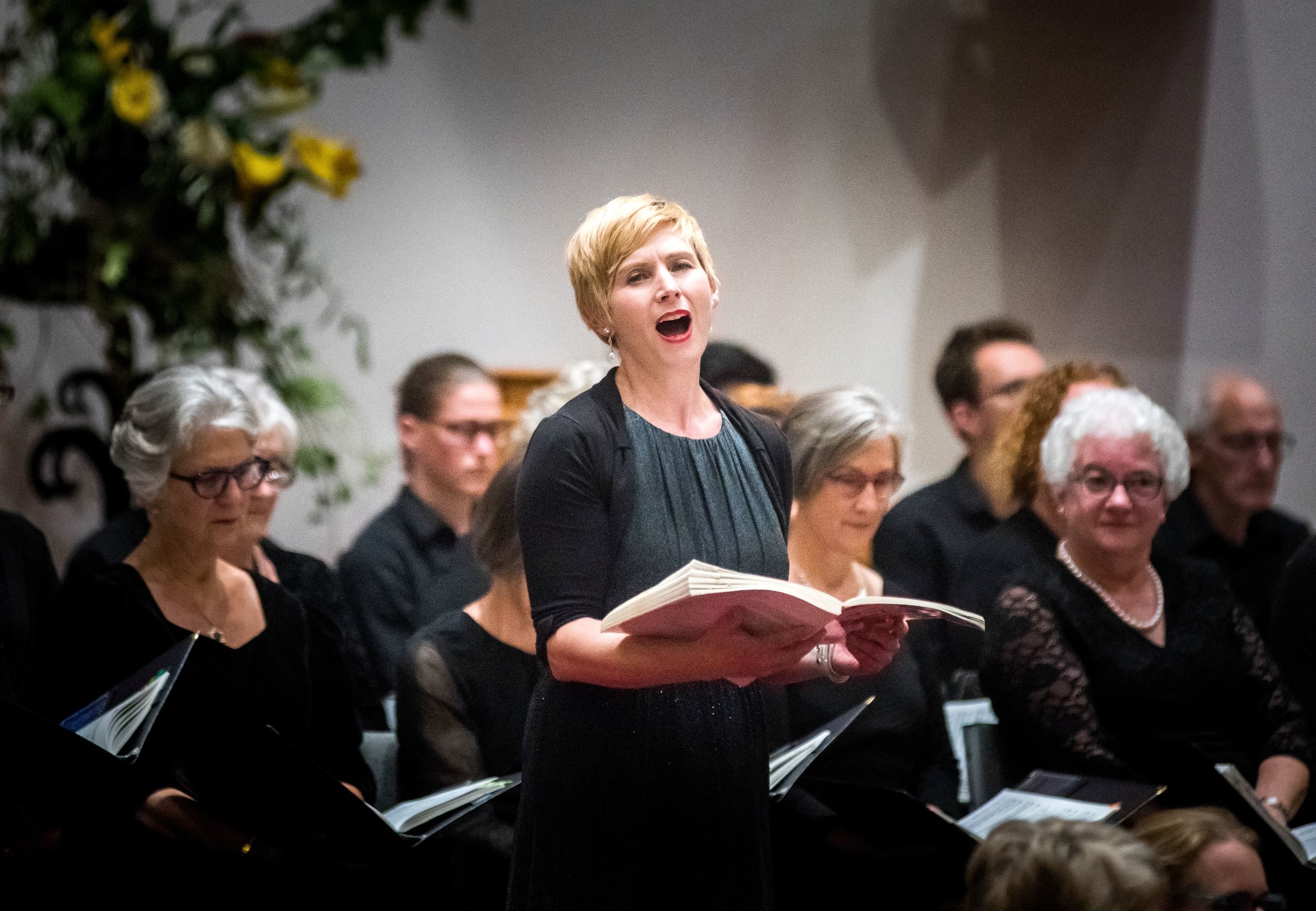
Scholars Baroque & NZbAROK Orchestra. Soloists: Jayne Tankersley (Soprano), Stephen Diaz (Countertenor), Lachlan Craig (Tenor) and Tavis Gravatt (Bass). Photos courtesy of Ezra Newick.
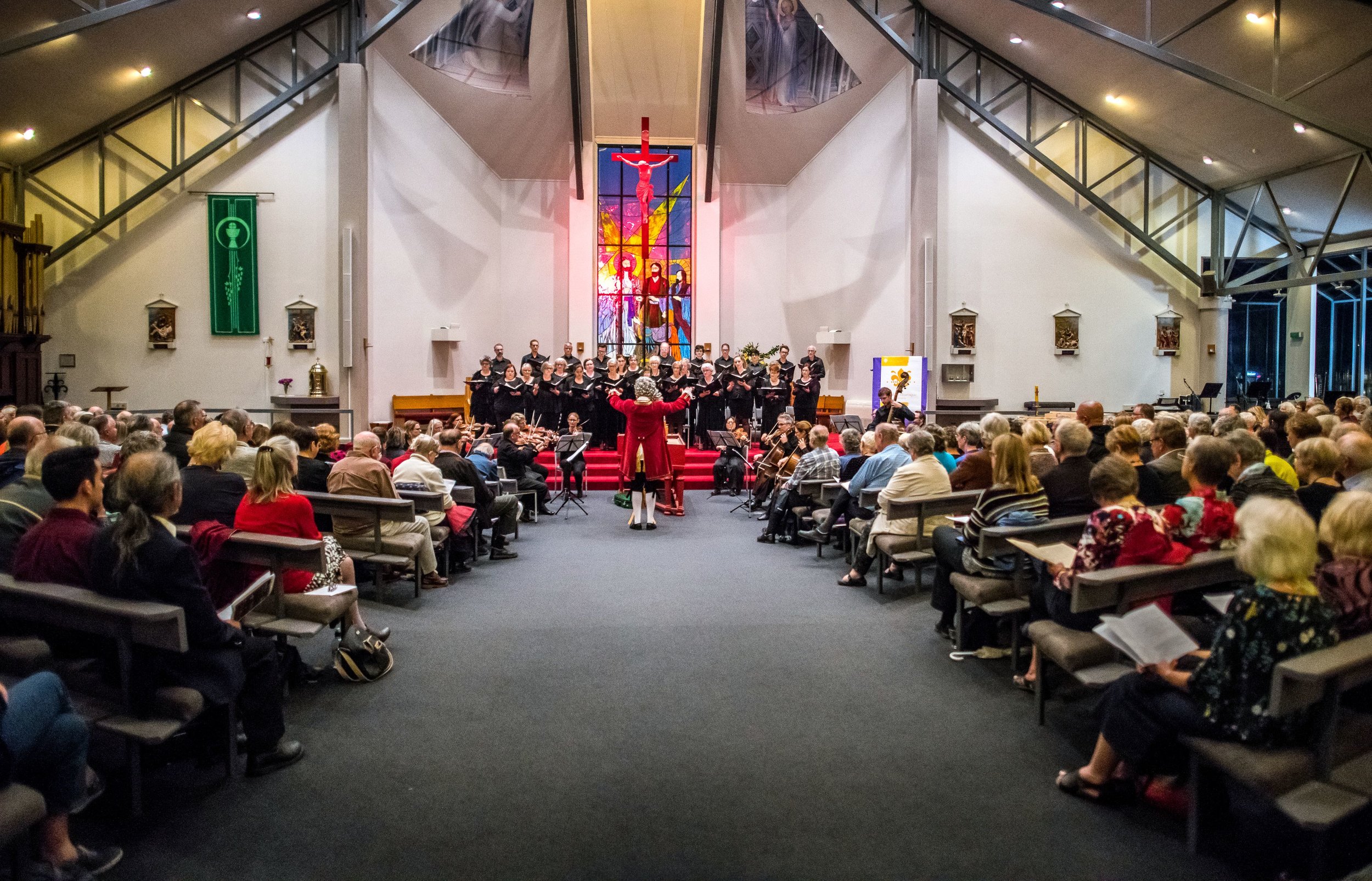
Scholars Baroque & NZbAROK Orchestra. Soloists: Jayne Tankersley (Soprano), Stephen Diaz (Countertenor), Lachlan Craig (Tenor) and Tavis Gravatt (Bass). Photos courtesy of Ezra Newick.
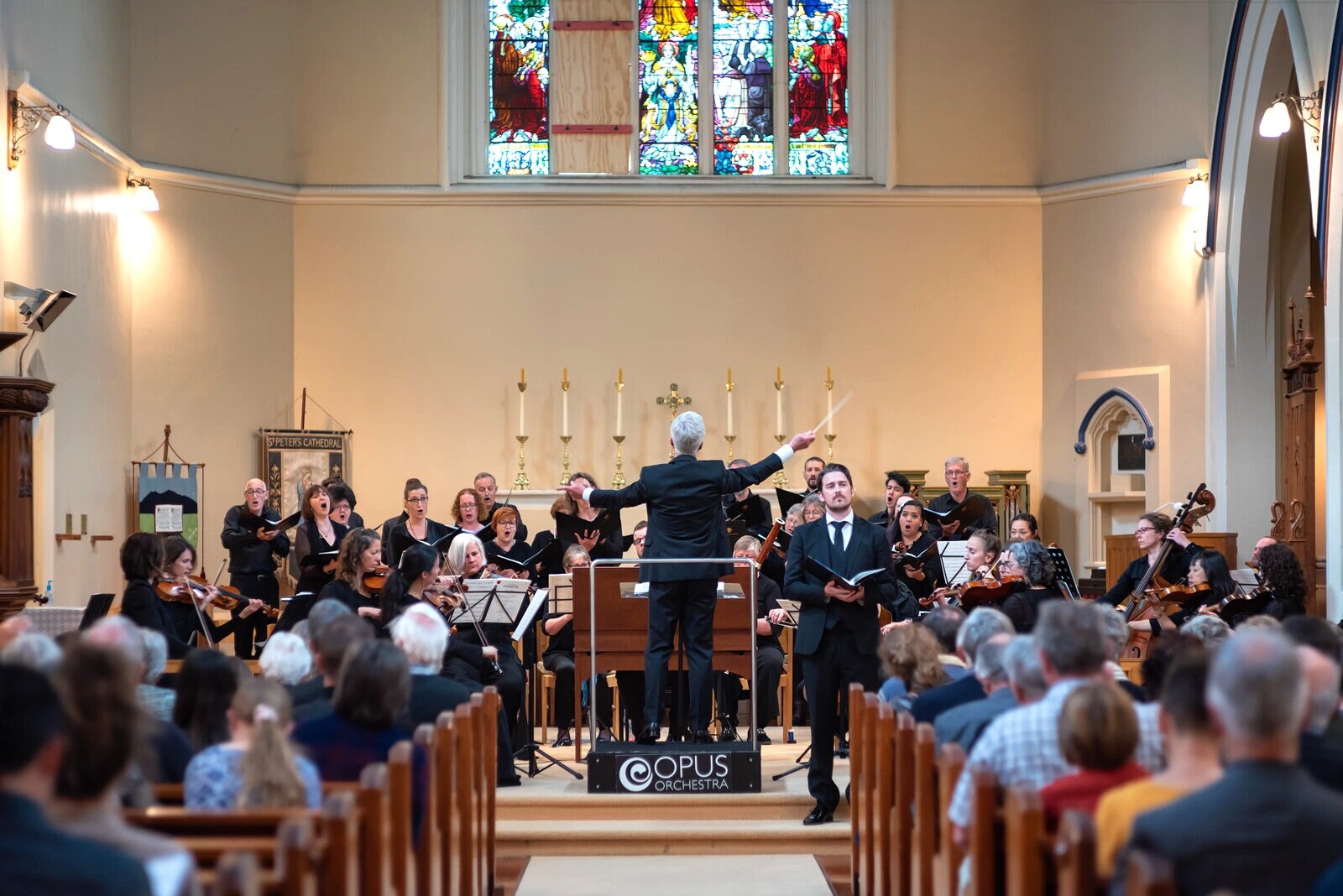
The Scholars Baroque Aotearoa & Opus Orchestra. Conductor: Peter Walls. Soloists: Jayne Tankersley (soprano), Stephen Diaz (countertenor), Lachlan Craig (tenor). Photo courtesy of Ashley Hopkins.
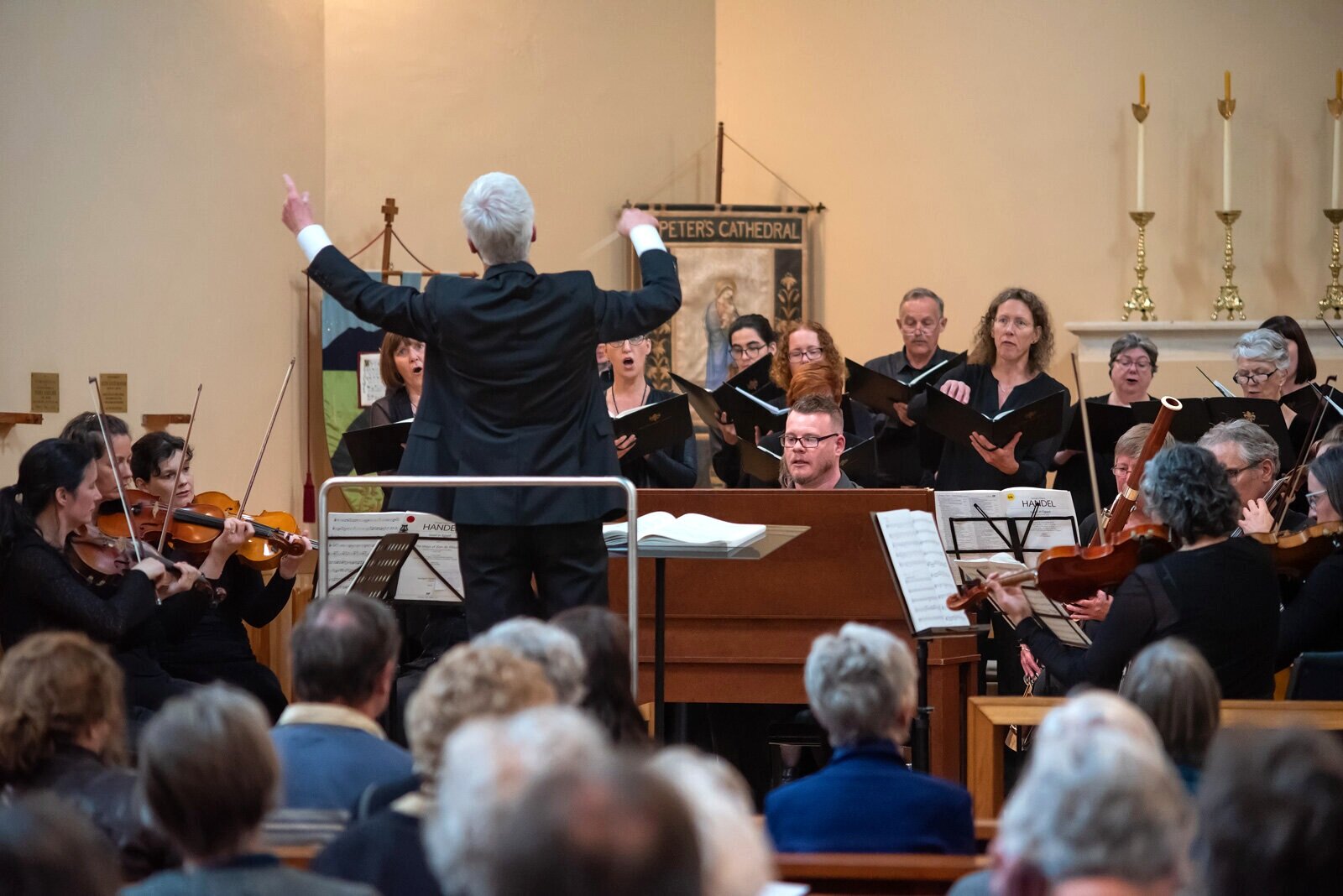
The Scholars Baroque Aotearoa & Opus Orchestra. Conductor: Peter Walls. Soloists: Jayne Tankersley (soprano), Stephen Diaz (countertenor), Lachlan Craig (tenor). Photo courtesy of Ashley Hopkins.
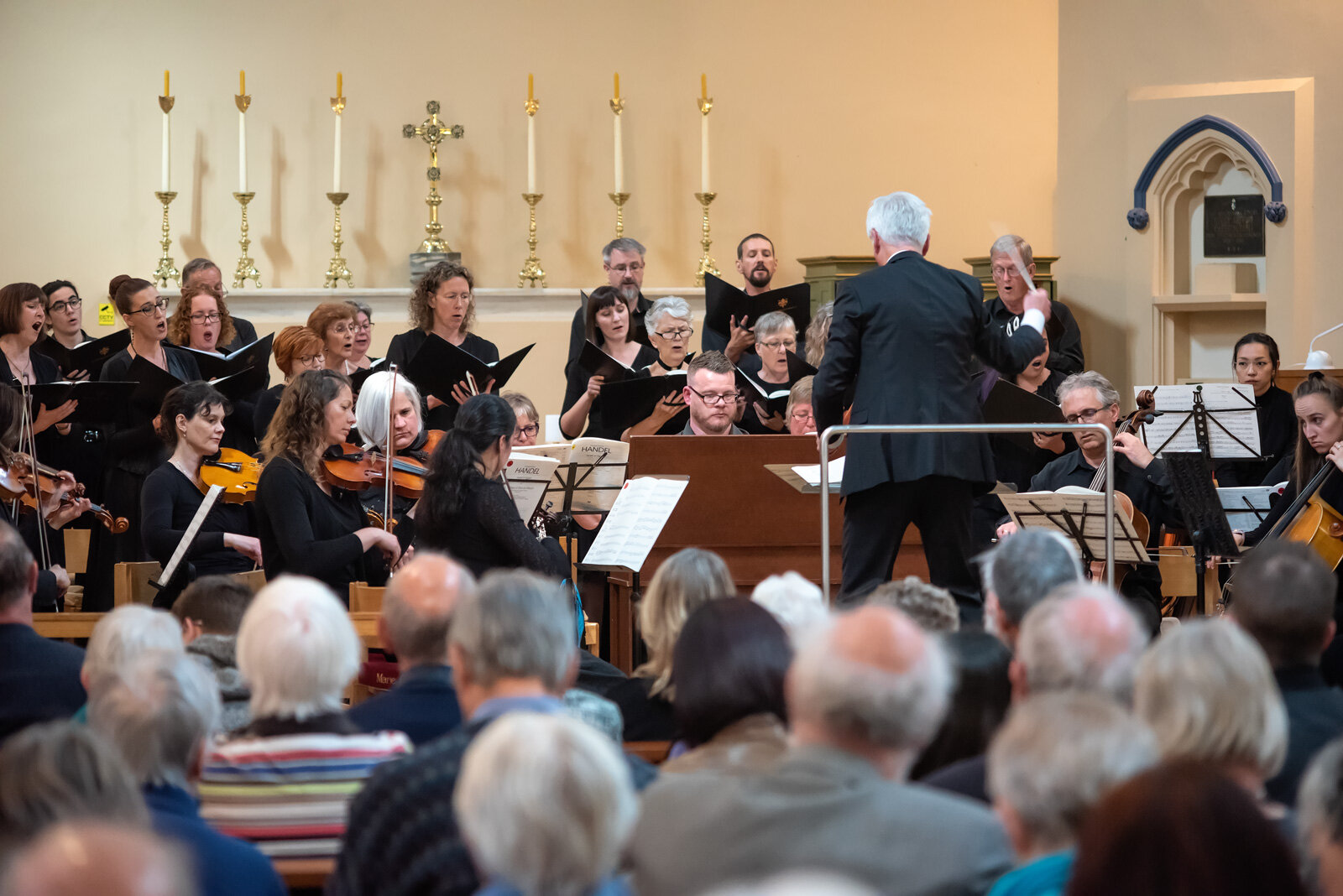
The Scholars Baroque Aotearoa & Opus Orchestra. Conductor: Peter Walls. Soloists: Jayne Tankersley (soprano), Stephen Diaz (countertenor), Lachlan Craig (tenor). Photo courtesy of Ashley Hopkins.

The Scholars Baroque Aotearoa & Opus Orchestra. Conductor: Peter Walls. Soloists: Jayne Tankersley (soprano), Stephen Diaz (countertenor), Lachlan Craig (tenor). Photo courtesy of Ashley Hopkins.
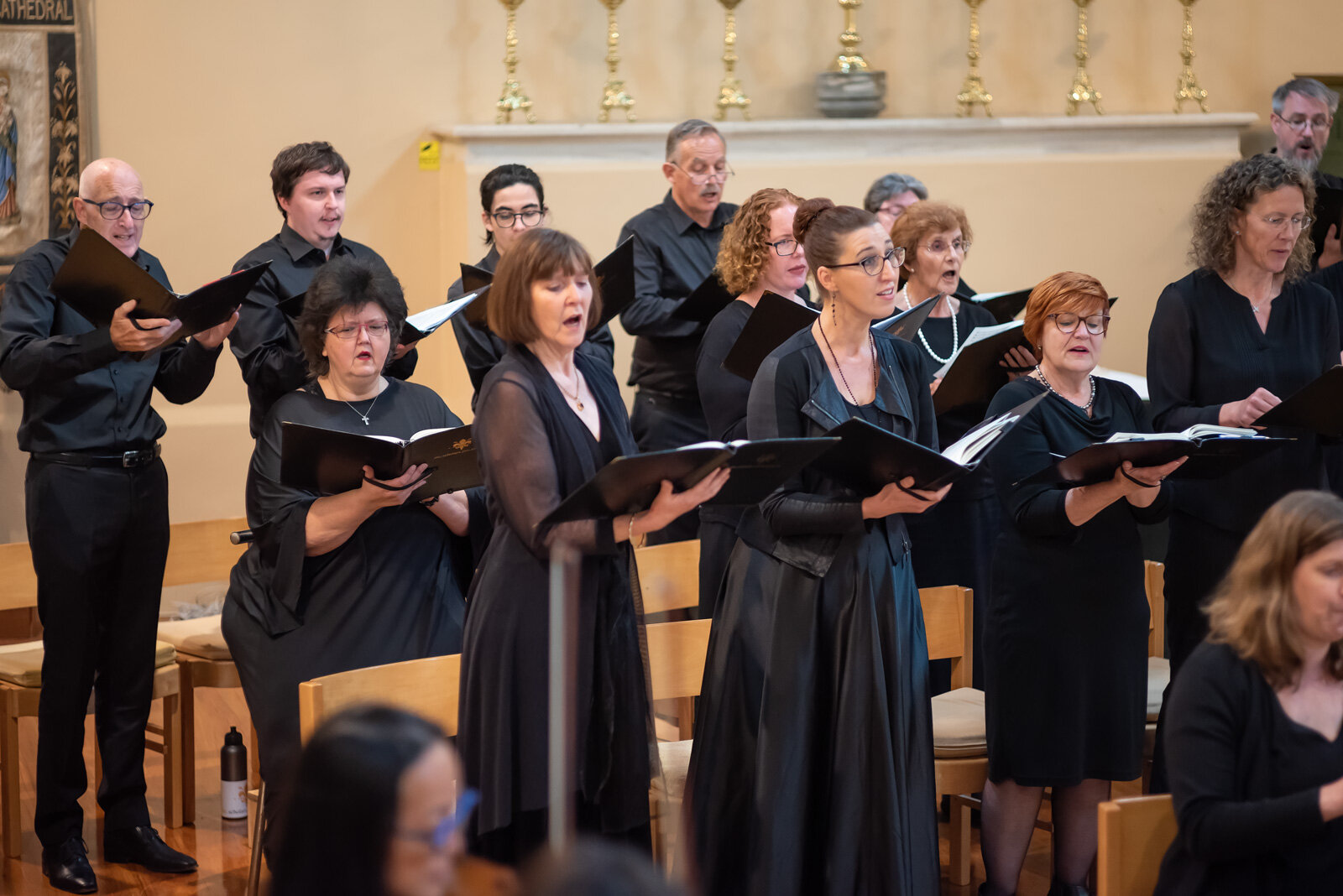
The Scholars Baroque Aotearoa & Opus Orchestra. Conductor: Peter Walls. Soloists: Jayne Tankersley (soprano), Stephen Diaz (countertenor), Lachlan Craig (tenor). Photo courtesy of Ashley Hopkins.
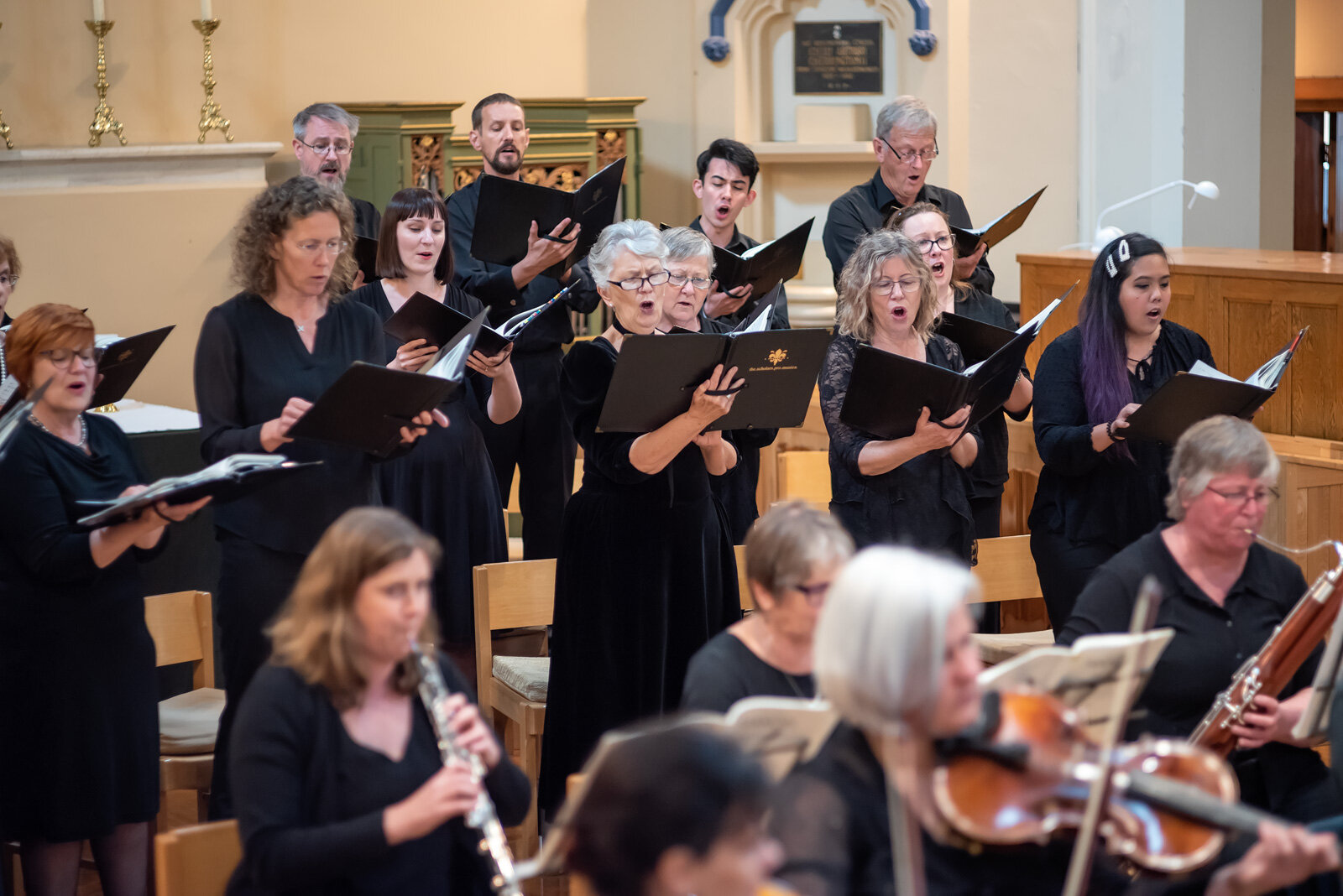
The Scholars Baroque Aotearoa & Opus Orchestra. Conductor: Peter Walls. Soloists: Jayne Tankersley (soprano), Stephen Diaz (countertenor), Lachlan Craig (tenor). Photo courtesy of Ashley Hopkins.
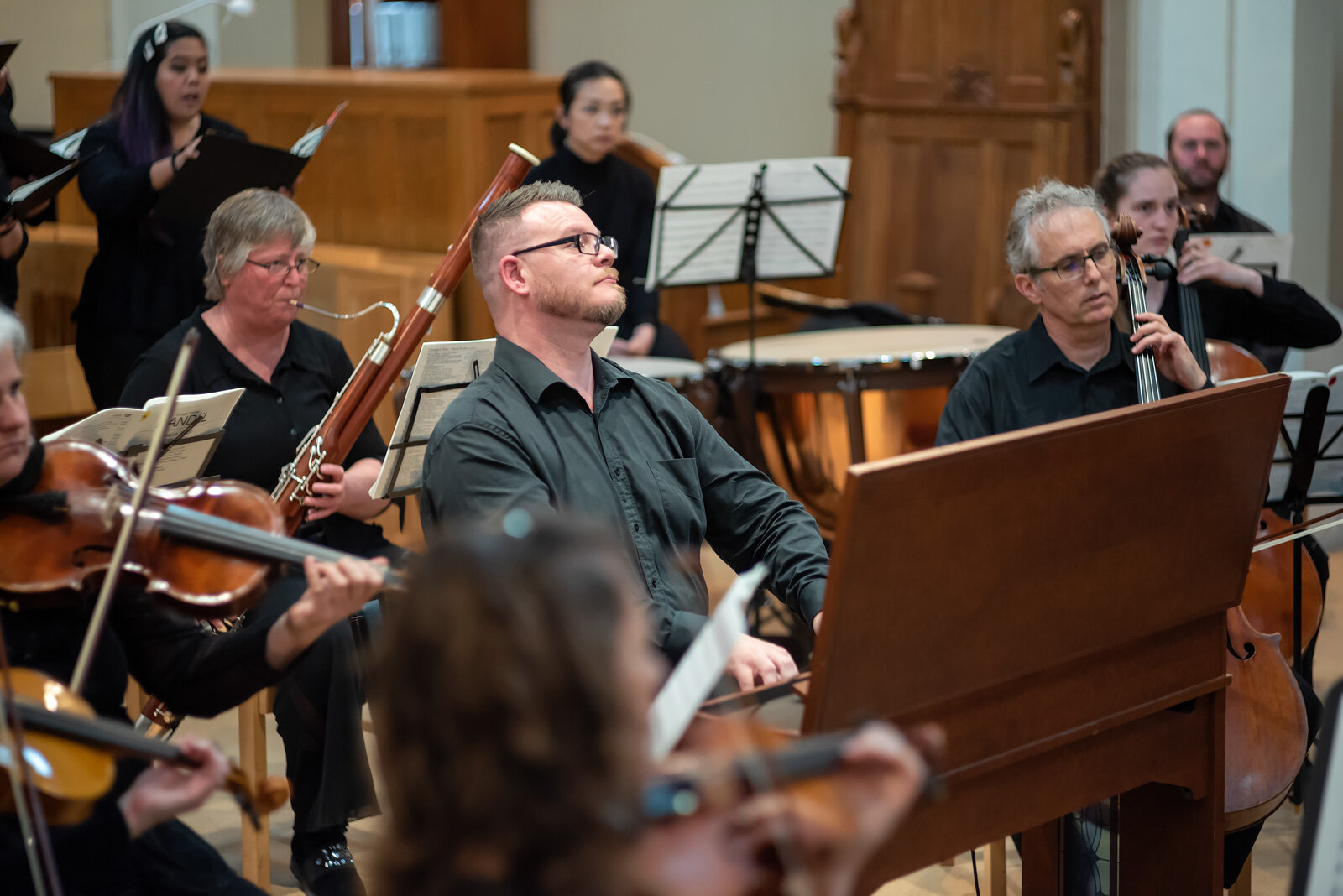
The Scholars Baroque Aotearoa & Opus Orchestra. Conductor: Peter Walls. Soloists: Jayne Tankersley (soprano), Stephen Diaz (countertenor), Lachlan Craig (tenor). Photo courtesy of Ashley Hopkins.
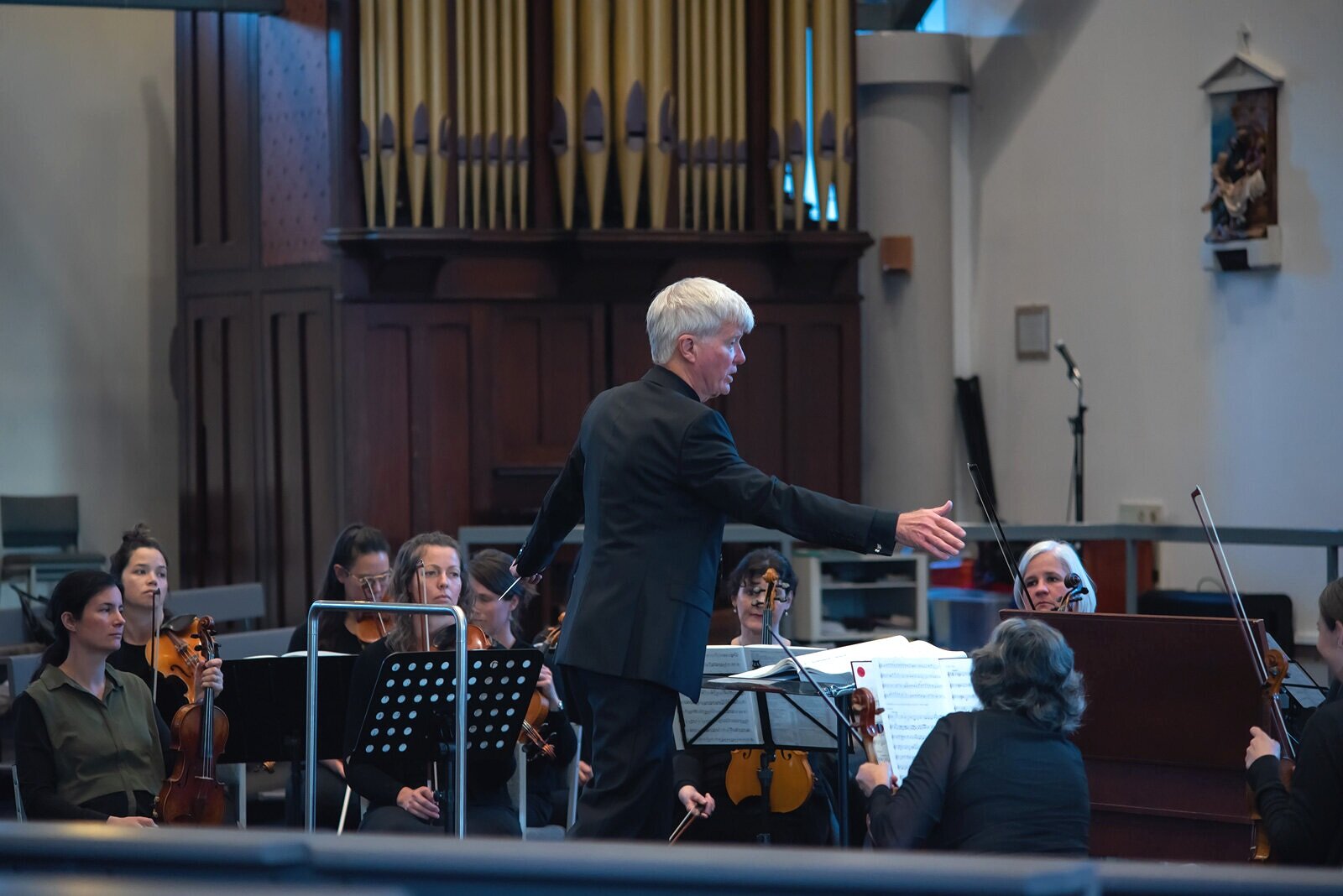
The Scholars Baroque Aotearoa & Opus Orchestra. Conductor: Peter Walls. Soloists: Jayne Tankersley (soprano), Stephen Diaz (countertenor), Lachlan Craig (tenor). Photo courtesy of Ashley Hopkins.
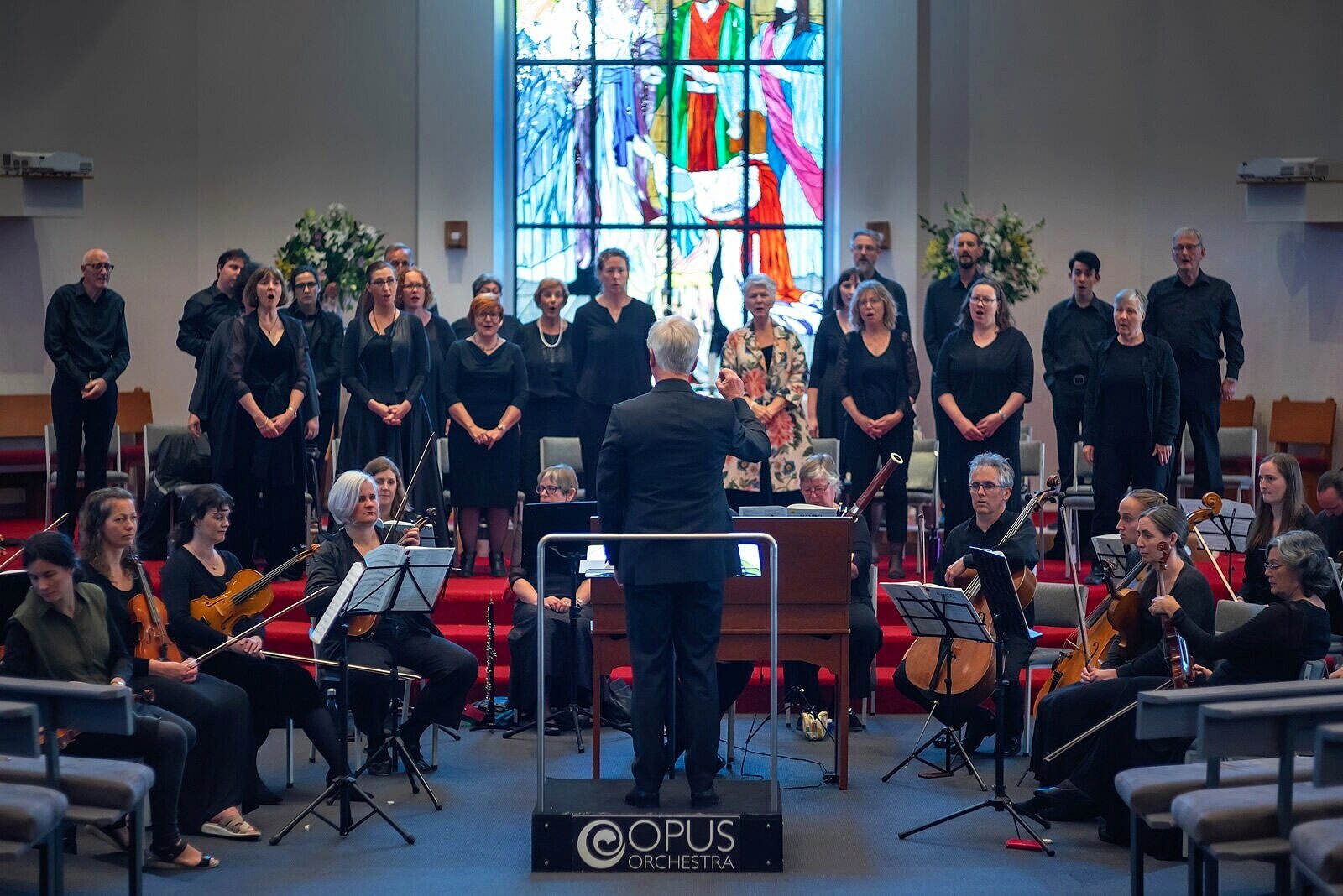
The Scholars Baroque Aotearoa & Opus Orchestra. Conductor: Peter Walls. Soloists: Jayne Tankersley (soprano), Stephen Diaz (countertenor), Lachlan Craig (tenor). Photo courtesy of Ashley Hopkins.
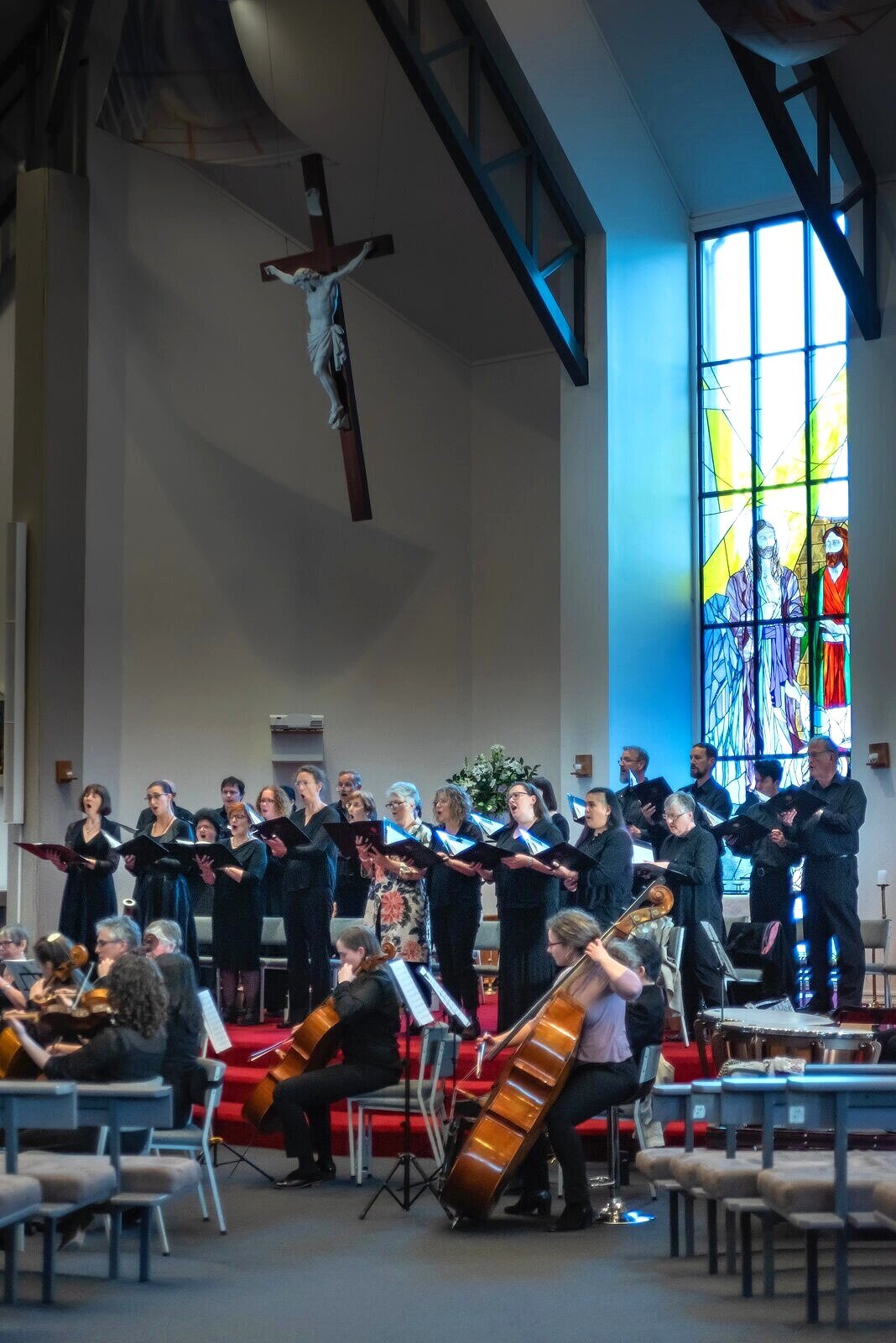
The Scholars Baroque Aotearoa & Opus Orchestra. Conductor: Peter Walls. Soloists: Jayne Tankersley (soprano), Stephen Diaz (countertenor), Lachlan Craig (tenor). Photo courtesy of Ashley Hopkins.

The Scholars Baroque Aotearoa & Opus Orchestra. Conductor: Peter Walls. Soloists: Jayne Tankersley (soprano), Stephen Diaz (countertenor), Lachlan Craig (tenor). Photo courtesy of Ashley Hopkins.
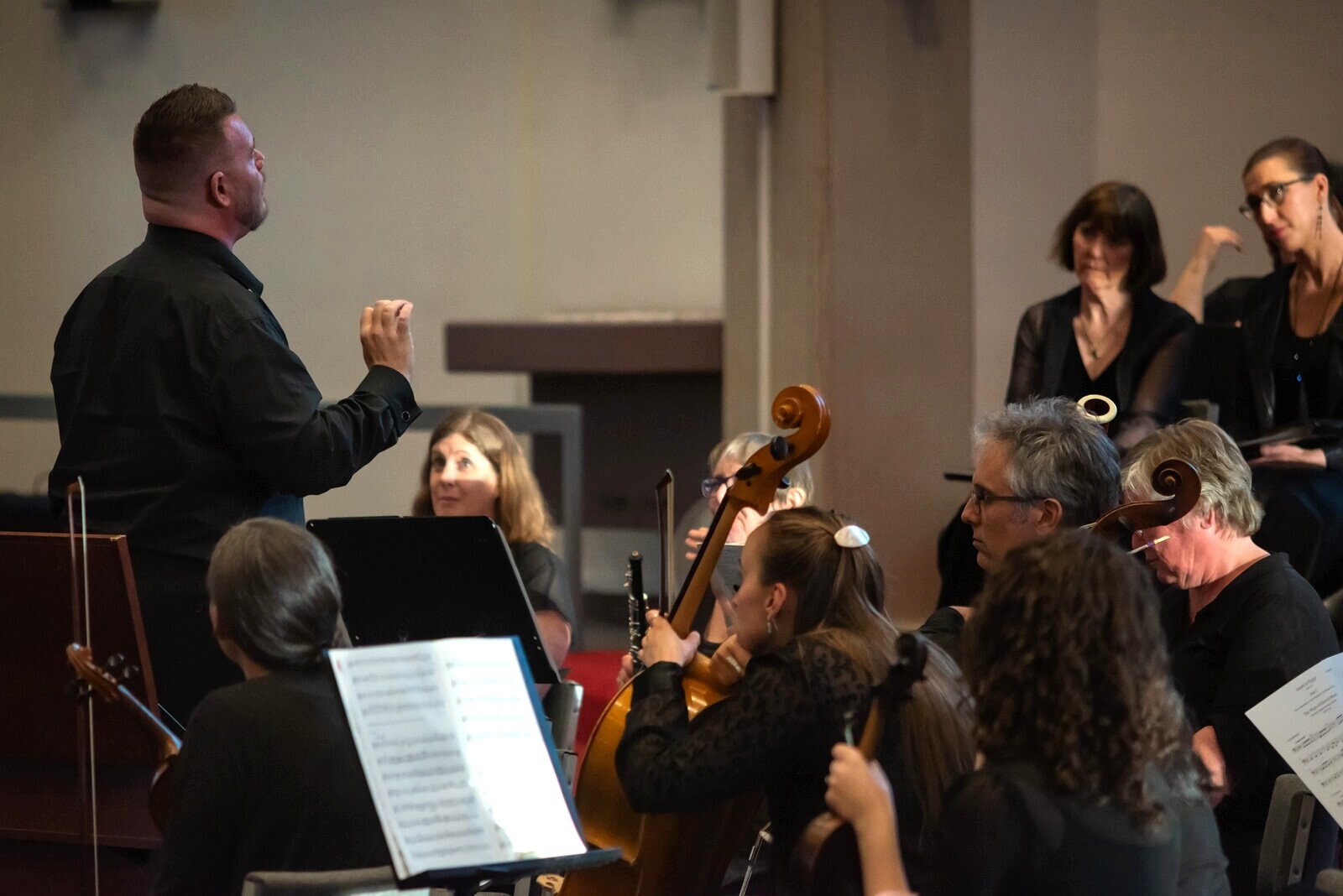
The Scholars Baroque Aotearoa & Opus Orchestra. Conductor: Peter Walls. Soloists: Jayne Tankersley (soprano), Stephen Diaz (countertenor), Lachlan Craig (tenor). Photo courtesy of Ashley Hopkins.
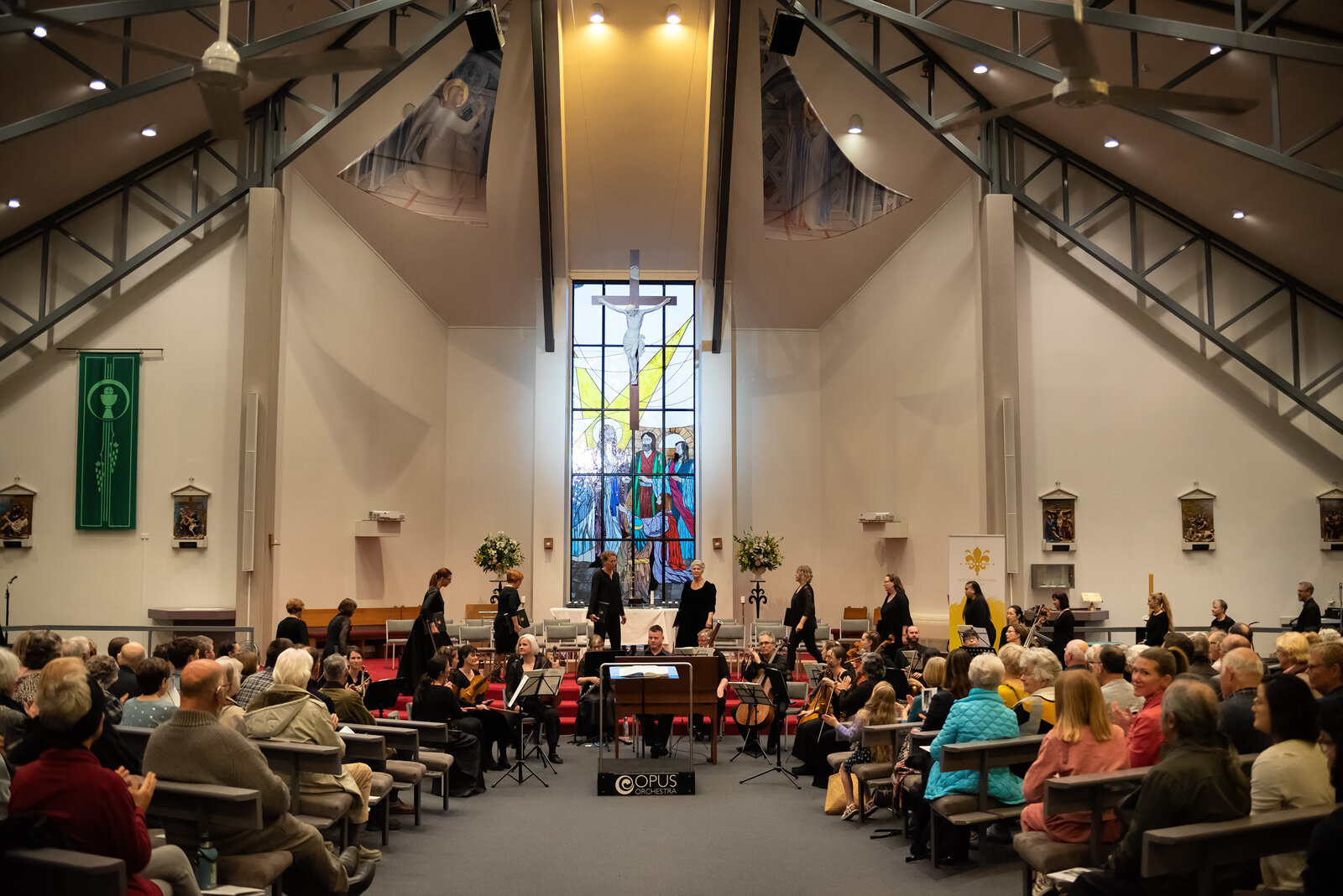
The Scholars Baroque Aotearoa & Opus Orchestra. Conductor: Peter Walls. Soloists: Jayne Tankersley (soprano), Stephen Diaz (countertenor), Lachlan Craig (tenor). Photo courtesy of Ashley Hopkins.

The Scholars Baroque Aotearoa & Opus Orchestra. Conductor: Peter Walls. Soloists: Jayne Tankersley (soprano), Stephen Diaz (countertenor), Lachlan Craig (tenor). Photo courtesy of Ashley Hopkins.

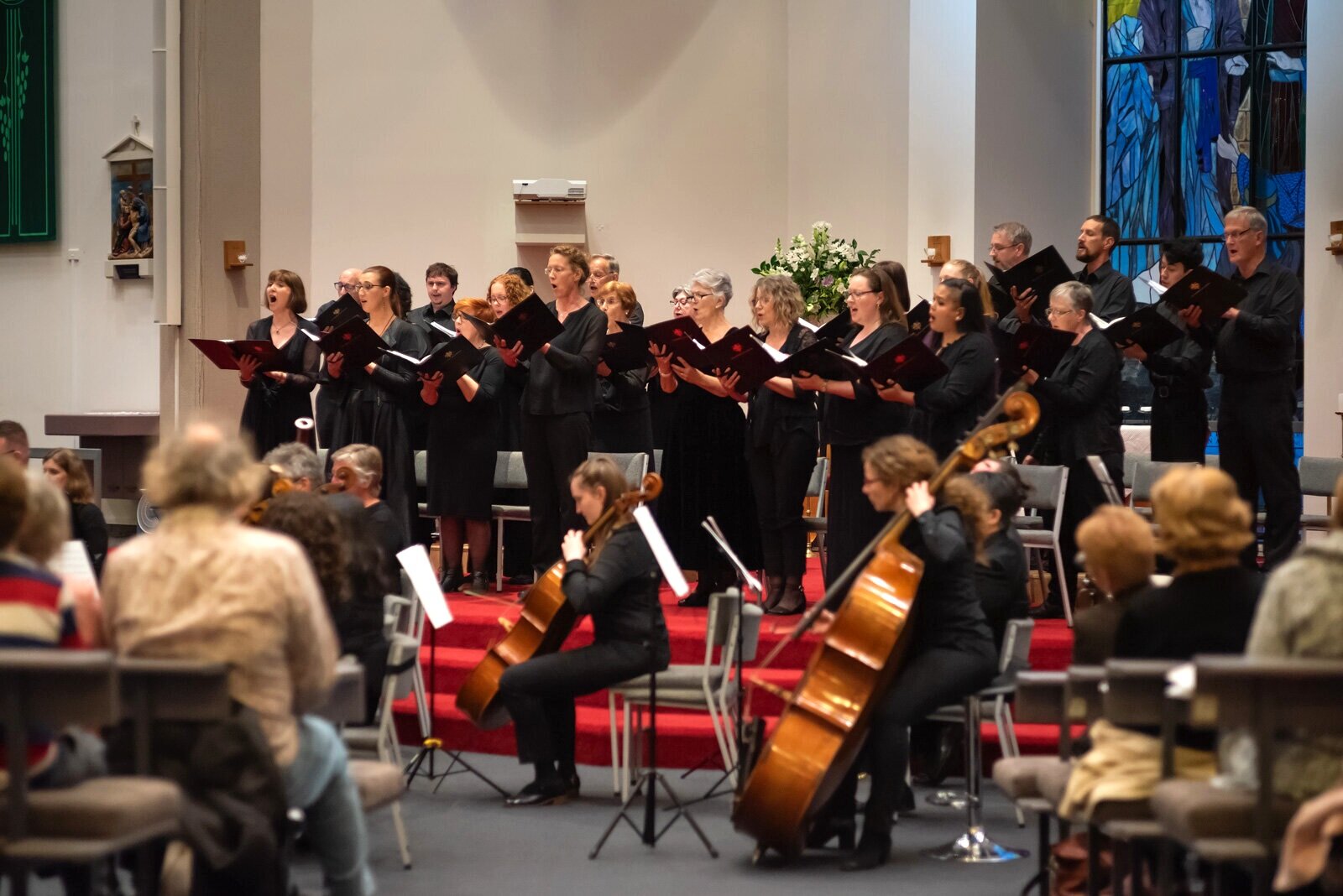
The Scholars Baroque Aotearoa & Opus Orchestra. Conductor: Peter Walls. Soloists: Jayne Tankersley (soprano), Stephen Diaz (countertenor), Lachlan Craig (tenor). Photo courtesy of Ashley Hopkins.

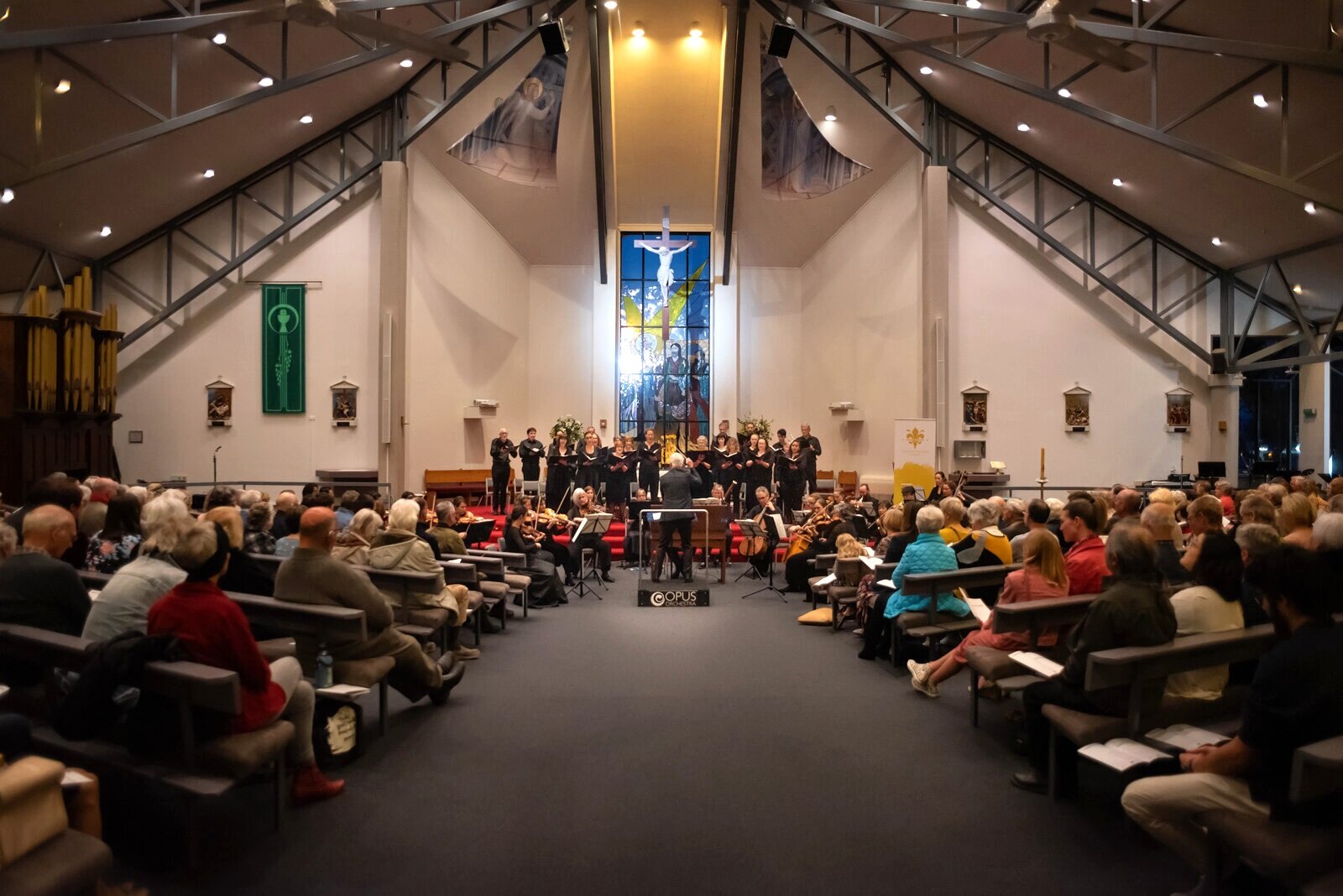
The Scholars Baroque Aotearoa & Opus Orchestra. Conductor: Peter Walls. Soloists: Jayne Tankersley (soprano), Stephen Diaz (countertenor), Lachlan Craig (tenor). Photo courtesy of Ashley Hopkins.

The Scholars Baroque Aotearoa & Opus Orchestra. Conductor: Peter Walls. Soloists: Jayne Tankersley (soprano), Stephen Diaz (countertenor), Lachlan Craig (tenor). Photo courtesy of Ashley Hopkins.












































Well done, every single one of you. Your performance on Friday night of Mozart's Requiem lifted this listener and I’m sure many others to a place above and beyond the unsettled world we are living in. As your director, Chalium Poppy has doubtlessly drummed into you, it is more than getting notes right…
The program was certainly a celebration of praise and joy, and much appreciated by the audience, who gave a standing ovation at the conclusion of the concert. Conductor Chalium Poppy conducted the orchestra and choir with great gusto and enthusiasm…
This was the first time I had heard Handel's Messiah. I was so overwhelmed with the excellence of the production. The orchestra and the soloists were superb. However it was the choir that was the star of the show!
The conductor, skilled and incredibly precise, managed to…
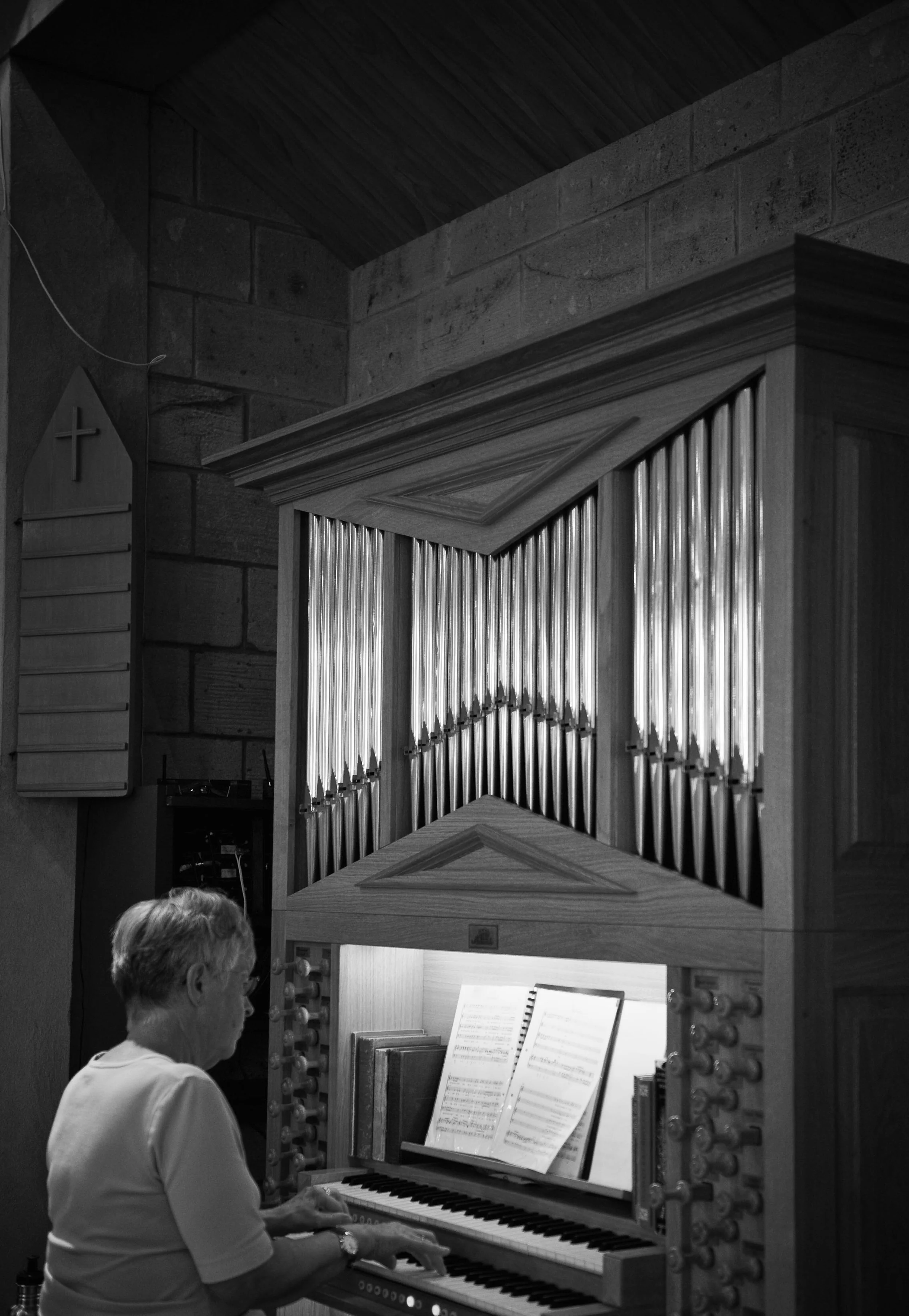
“AN ASTONISHINGLY CONTEMPORARY CONFECTION OF RAPIDLY MOVING MELODIOUS BAROQUE MUSIC"


